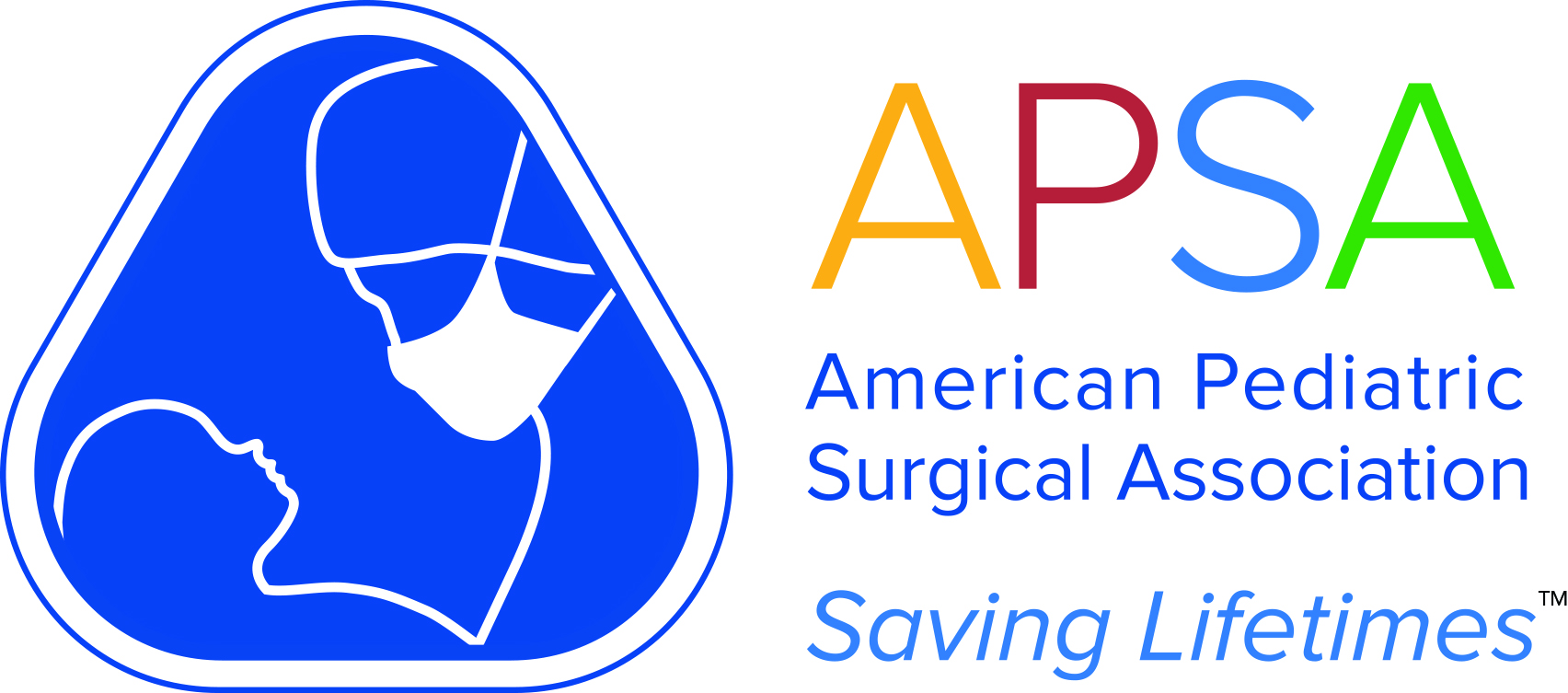Jay Grosfeld, MD Scholar Grant
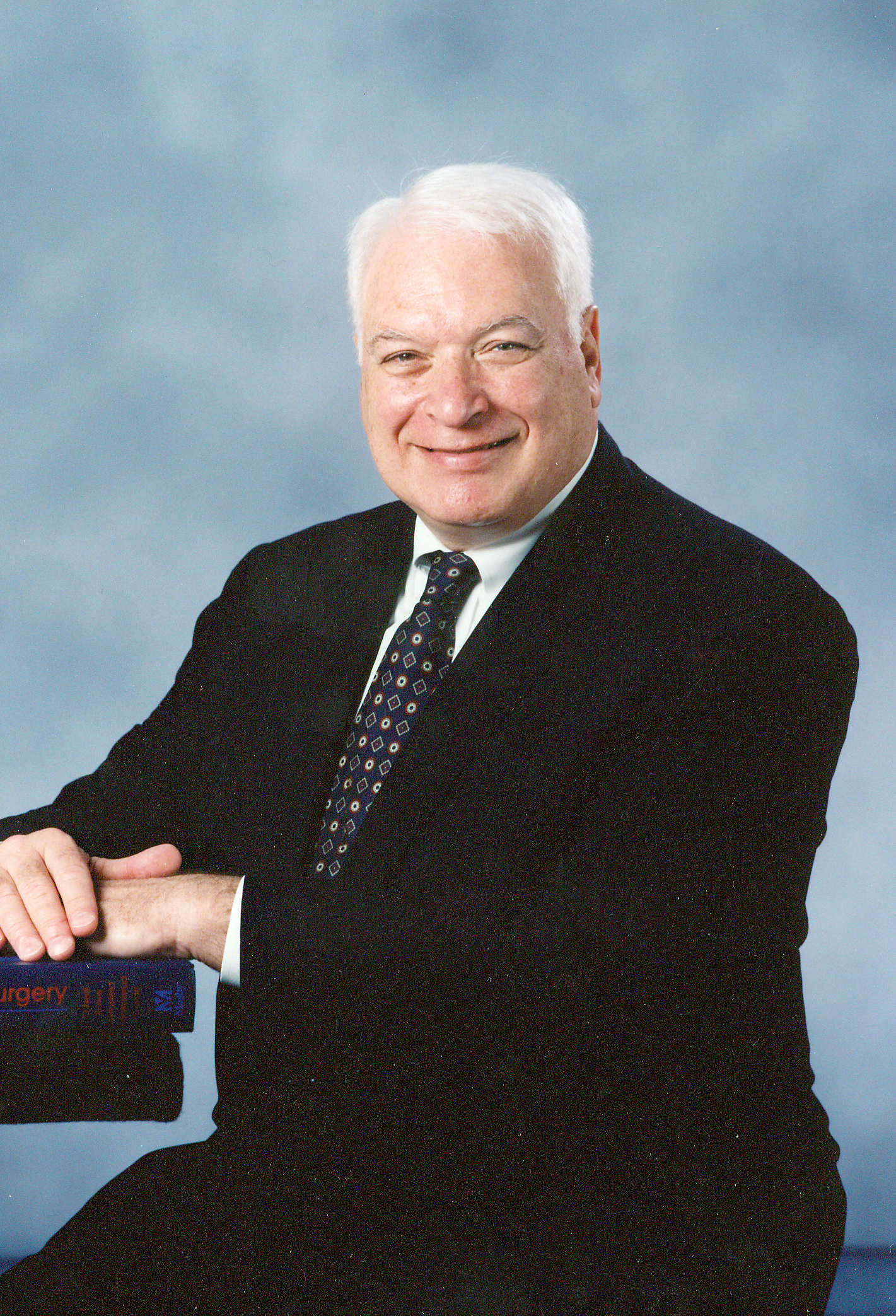 Named after the Foundation’s first Chair of the Board, Dr. Jay Grosfeld, the Jay Grosfeld, MD Scholarship encourages the enrichment of pediatric surgeon scientists by providing support for projects which will broaden the horizon of the recipient in a fashion not otherwise readily achieved and for which funds may not be available from usual current sources. The APSA Foundation welcomes proposals for support of projects that encompass the humanities, medical ethics, education, clinical epidemiology, biostatistics, health care delivery, computer sciences, as well as clinical or laboratory research as they relate to the surgical sciences or to the delivery of pediatric surgical care and may include traveling fellowships or special scholarships.
Named after the Foundation’s first Chair of the Board, Dr. Jay Grosfeld, the Jay Grosfeld, MD Scholarship encourages the enrichment of pediatric surgeon scientists by providing support for projects which will broaden the horizon of the recipient in a fashion not otherwise readily achieved and for which funds may not be available from usual current sources. The APSA Foundation welcomes proposals for support of projects that encompass the humanities, medical ethics, education, clinical epidemiology, biostatistics, health care delivery, computer sciences, as well as clinical or laboratory research as they relate to the surgical sciences or to the delivery of pediatric surgical care and may include traveling fellowships or special scholarships.Donate Today
The APSA Foundation is a 501(c)(3) charitable organization.
Federal tax ID 59-3243373
Generous donations from APSA members help transform our mission and vision into reality. No donation is too small, and all donations go toward our goal of saving all lifetimes.
Eligibility and Application
The application cycle for the 2025 awards has closed. Applications for the 2026 awards will be accepted in November 2025.
Brad W. Warner Research Scholar
2025

Christie Buonpane, MD, Assistant Professor
University of Louisville/Norton Children’s
Novel synthetic analogue of microbial metabolite, Urolithin A, as a potential preventative and therapeutic strategy for necrotizing enterocolitis
Grosfeld Scholars
2025

Caroline Maloney, MD, Assistant Professor
Medical College of Wisconsin
Exploring the Impact of Primary Tumor Removal and Surgical Stress on Metastatic Progression in Osteosarcoma: Defining the Role of RIPK2 Signaling
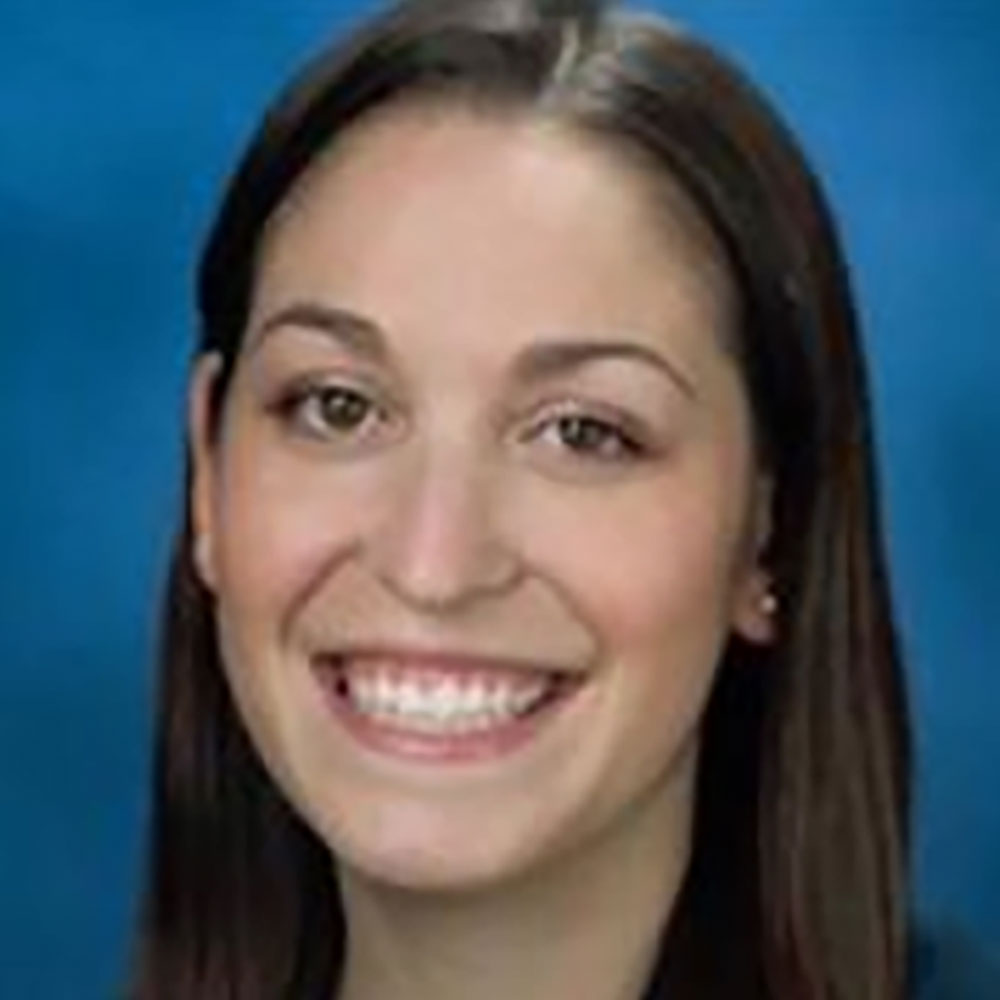
Laura Stafman, MD, Assistant Professor
University of Alabama
Role of alpha2,6-sialylation in neuroblastoma tumorigenesis
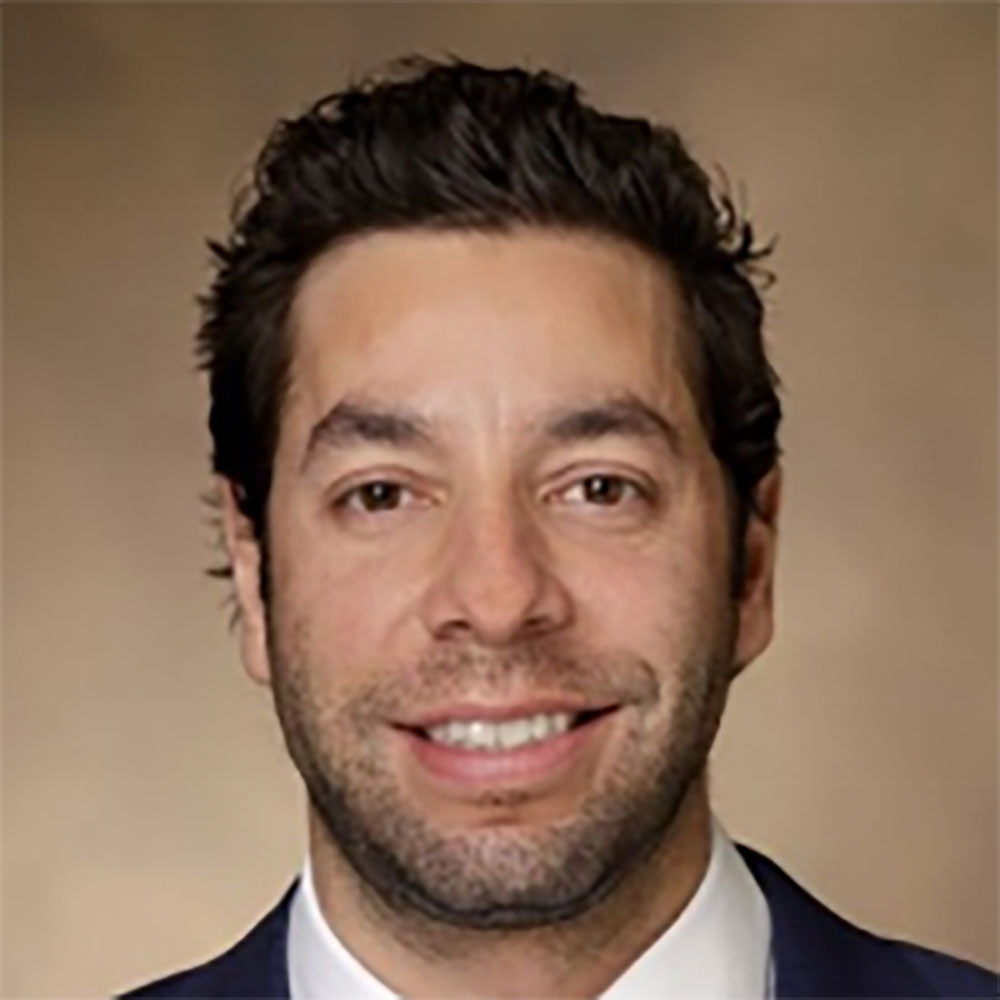
Joseph Fusco, MD, Assistant Professor
Monroe Carell Jr. Children’s Hospital at Vanderbilt
Mixed Reality Surgery to Enhance Pediatric Surgical Oncology
2024
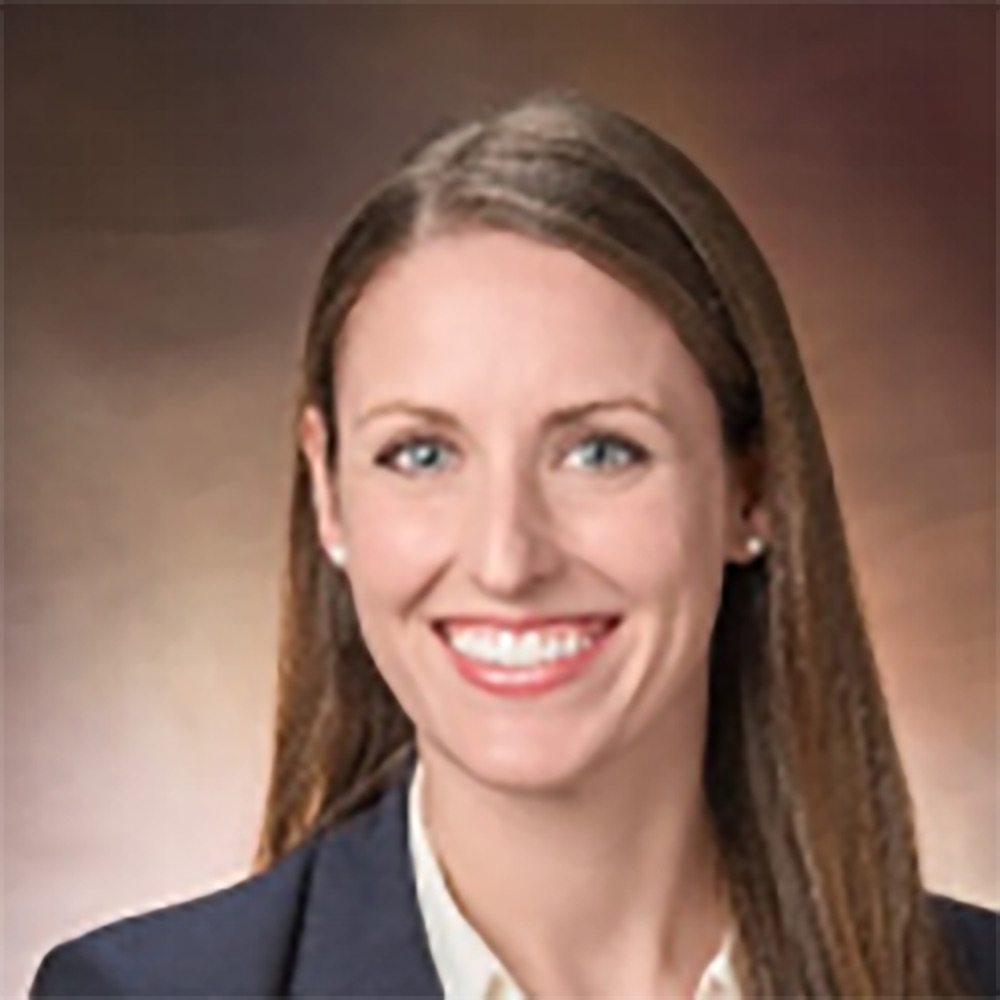
Erin G. Brown, MD, MS
University of California, Davis Medical Center, Sacramento, CA
Targeted Cellular Delivery of miR-124 for Neuroblastoma Treatment
$25,000

S. Christopher Derderian, MD
University of Colorado, Aurora, CO
Placental Organoid miRNAs Inhibit Trophoblast Invasion in Fetal Growth Restriction
$25,000

Joseph T. Church, MD
C.S. Mott Children’s Hospital, Ann Arbor, MI
Artificial Placenta Support of Newborn Lambs with Congenital Diaphragmatic Hernia
$25,000

Shannon N. Acker, MD
Children’s Hospital Colorado, Aurora, CO
One-4-ALL Initiative: Innovation in Process and Technology to Address Health Disparities While Reducing Clinician Burden
$25,000
2023
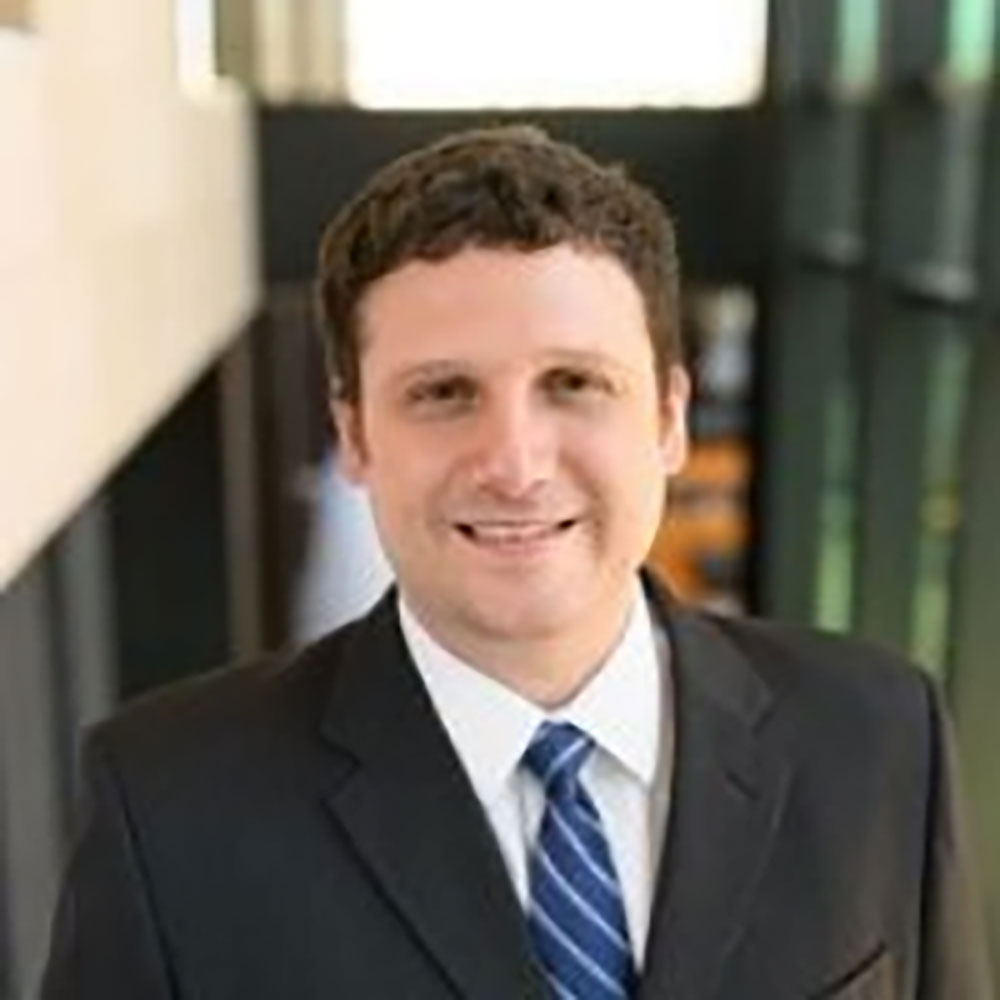
Eric J. Rellinger, MD
University of Kentucky, Lexington, KY
‘Metabolic Profiling of Neuroblastomas’

Jason O. Robertson, MD MS
Cleveland Clinic, Cleveland, OH
‘Mitochondrial Dysfunction in Congenital Diaphragmatic Hernia-Associated Pulmonary Hypertension’
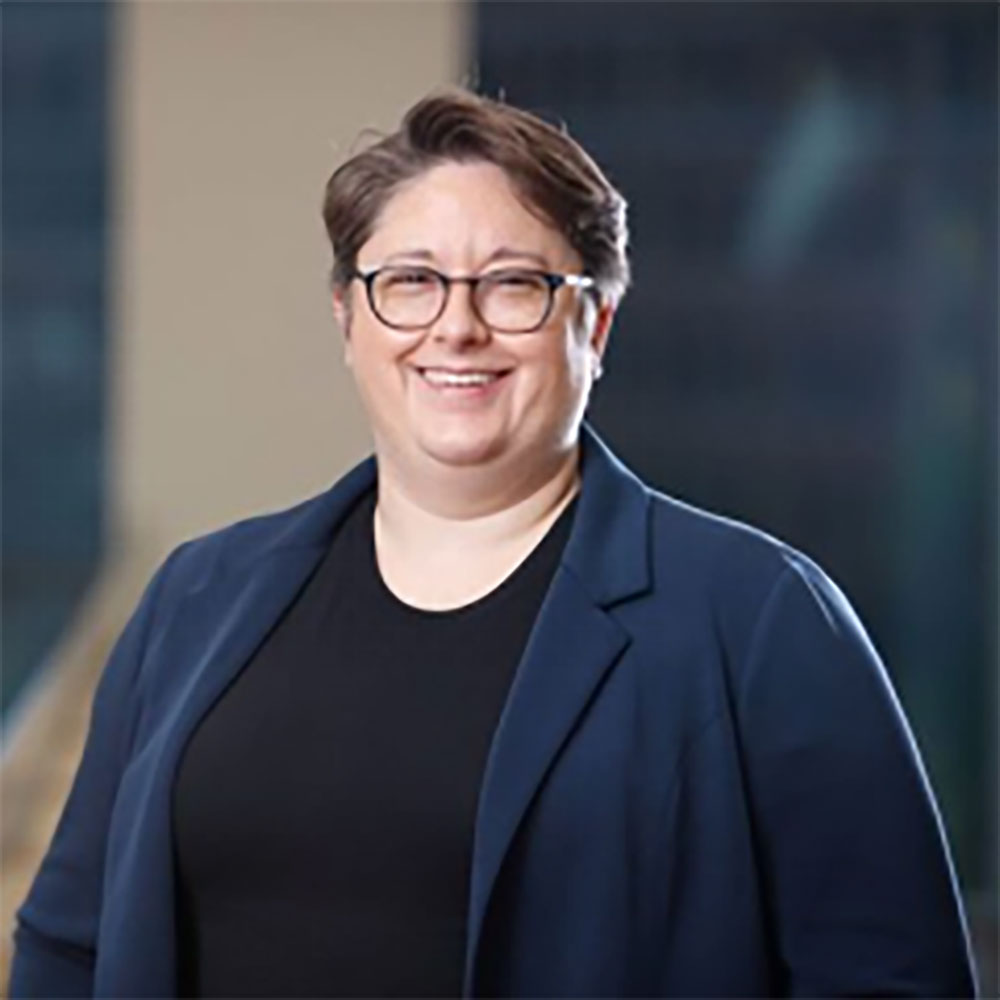
Nicole A. Wilson, PhD MD
University of Rochester, Rochester, New York
‘Photodynamic therapy for perforated appendicitis’
2022
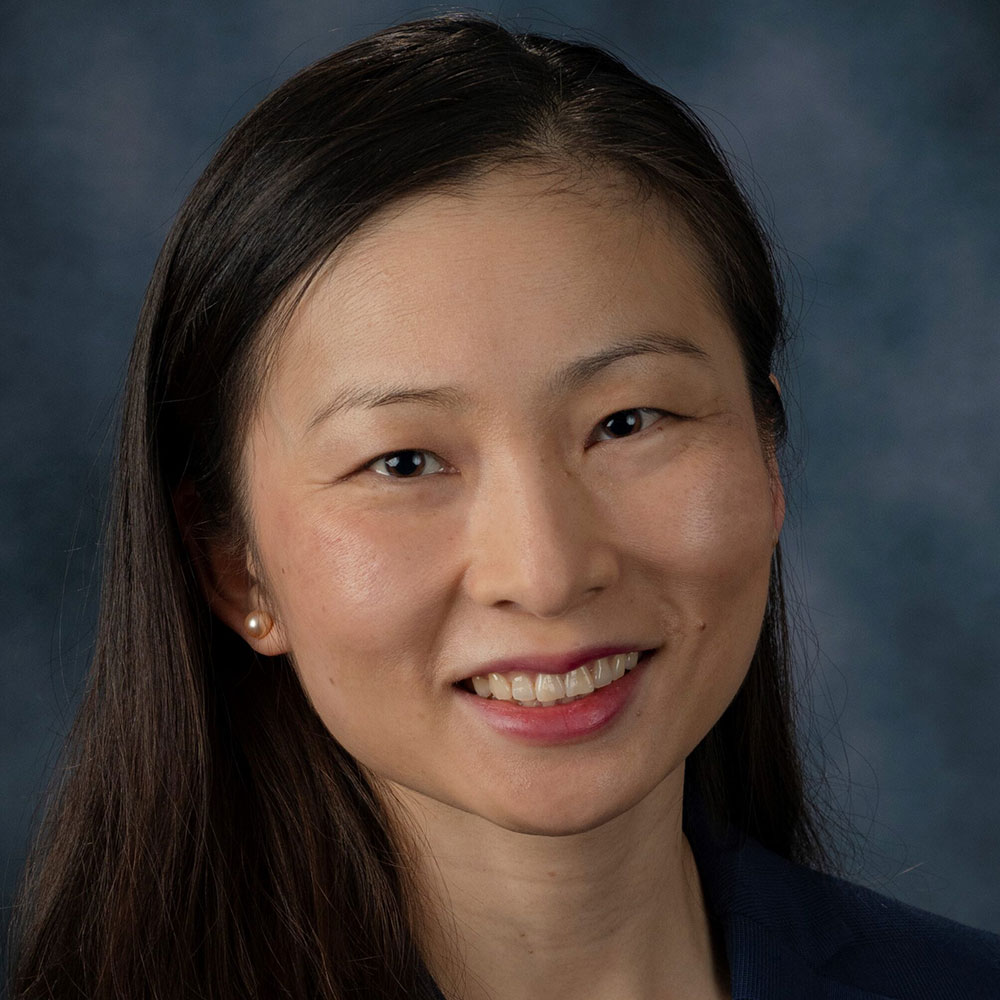
Lily S. Cheng, MD
Texas Children’s Hospital/Baylor College of Medicine, Houston, TX
‘Biomechanical Forces and the Enteric Nervous System in Hirschsprung’s Disease’
Awarded $25,000
“I am so grateful to be counted as part of a long line of successful pediatric surgeon-scientists who’ve gotten their start with this award! As an early career investigator, the Jay Grosfeld Research Award has given me visibility and validation to kick-start my research and the funding has allowed me to generate important preliminary data to successfully obtain additional extramural funding. “

Brian T. Craig, MD
Children’s Hospital of Wisconsin, Milwaukee, WI
‘Immune Phenotypes in The Neuroblastoma Tumor Microenvironment of Residual Disease After Surgery’
Awarded $25,000
2021
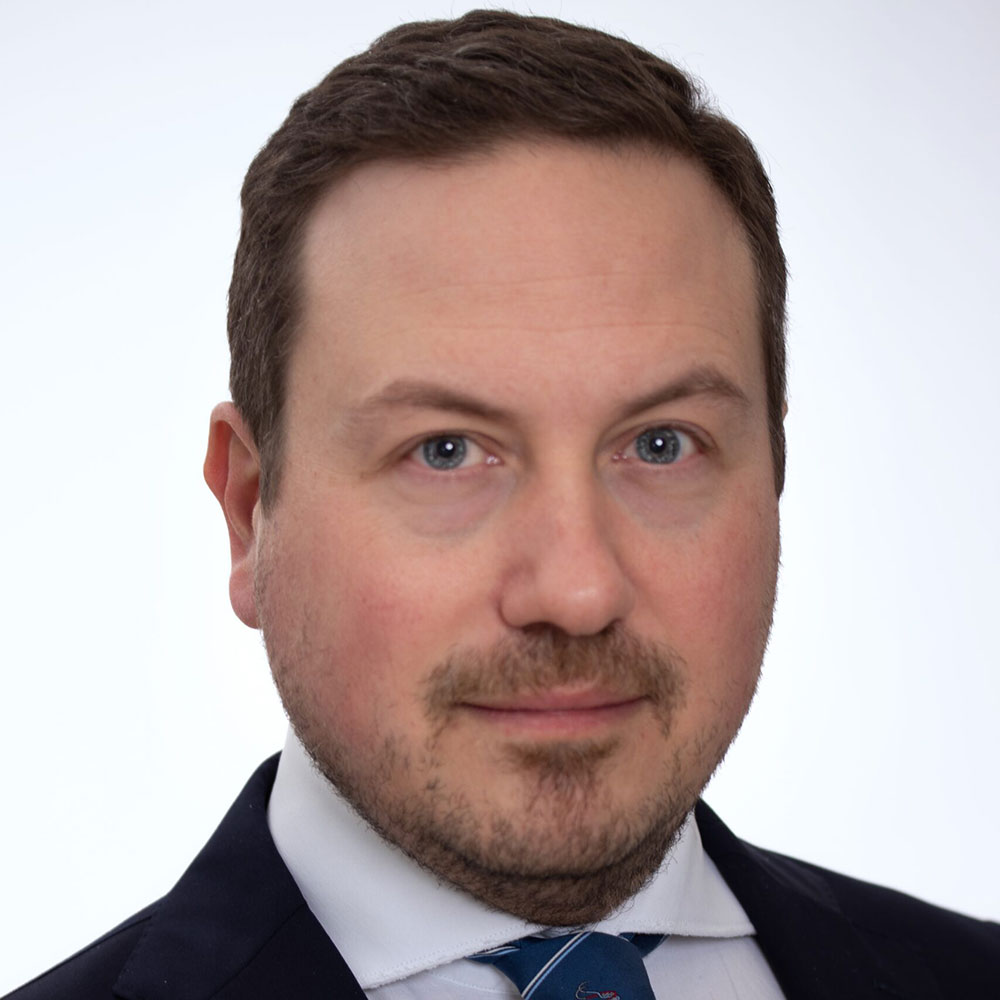
Augusto Zani, MD PhD
The Hospital for Sick Children, Toronto, Ontario, Canada
Amniotic Fluid Stem Cell Extracellular Vesicles as a Novel Therapy for Pulmonary Hypertension Secondary to Congenital Diaphragmatic Hernia
Awarded $25,000
“Thanks to the support of the APSA Foundation through the Grosfeld Scholarship, my lab was able to test a stem cell-based therapy for preventing pulmonary hypertension in a model of congenital diaphragmatic hernia. The Grosfeld award fundings were instrumental to generate critical data for the project and start key collaborations with experts in the field. On a personal level, being awarded the Grosfeld scholarship made me feel honored and privileged to be part of a community of surgeon-scientists who are pushing the envelope to save lifetimes.”
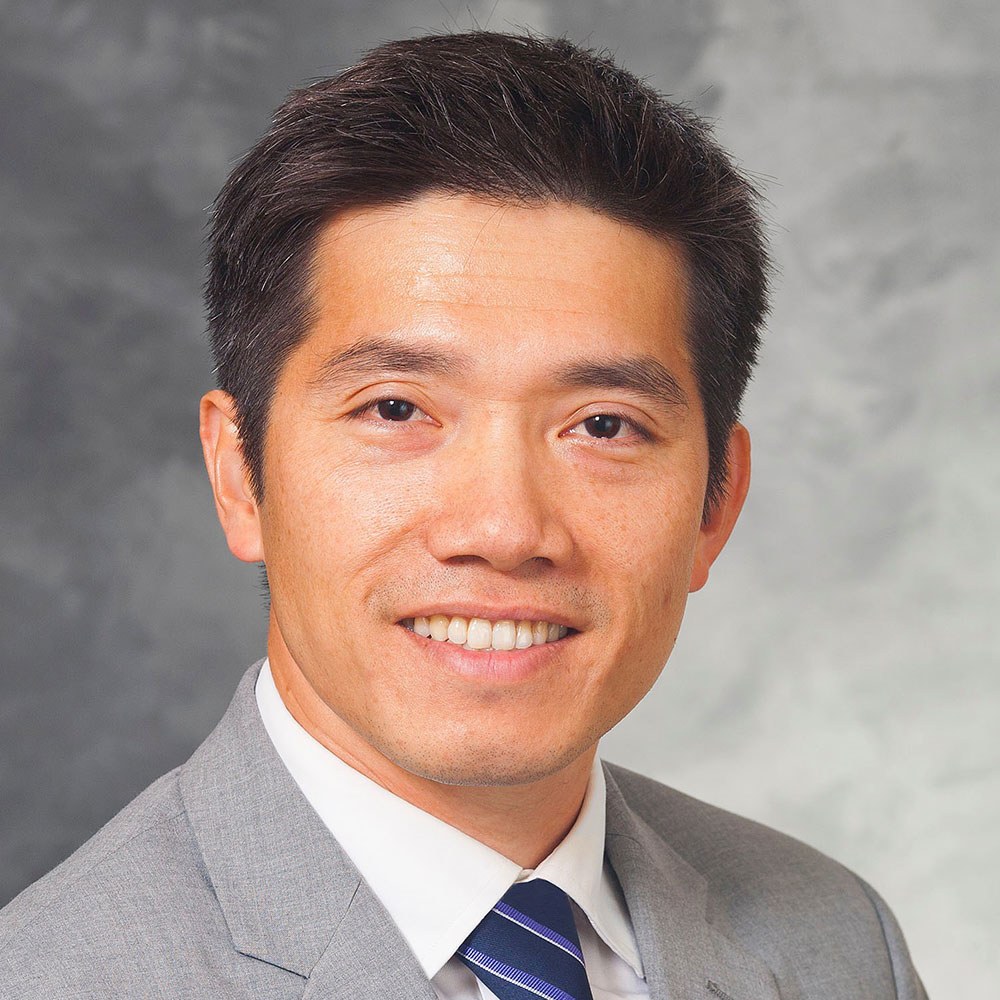
Hau D. Le, MD
University of Wisconsin-Madison, Madison, Wisconsin
The Effects of Cold Atmospheric Plasma on Neuroblastoma Tumor Microenvironment
Awarded $25,000
“The APSA Foundation Grosfeld grant is helping our lab work studying the effects of cold atmospheric plasma on neuroblastoma. The results of this work have allowed us to prepare and submit our first RO1 grant. Moreover, we have used our understanding from this work to develop a novel therapy for solid tumors using cold atmospheric plasma. Although the grant is limited in monetary value, its effects are broad as we obtain valuable data and precious experience from the work that this grant supported.”
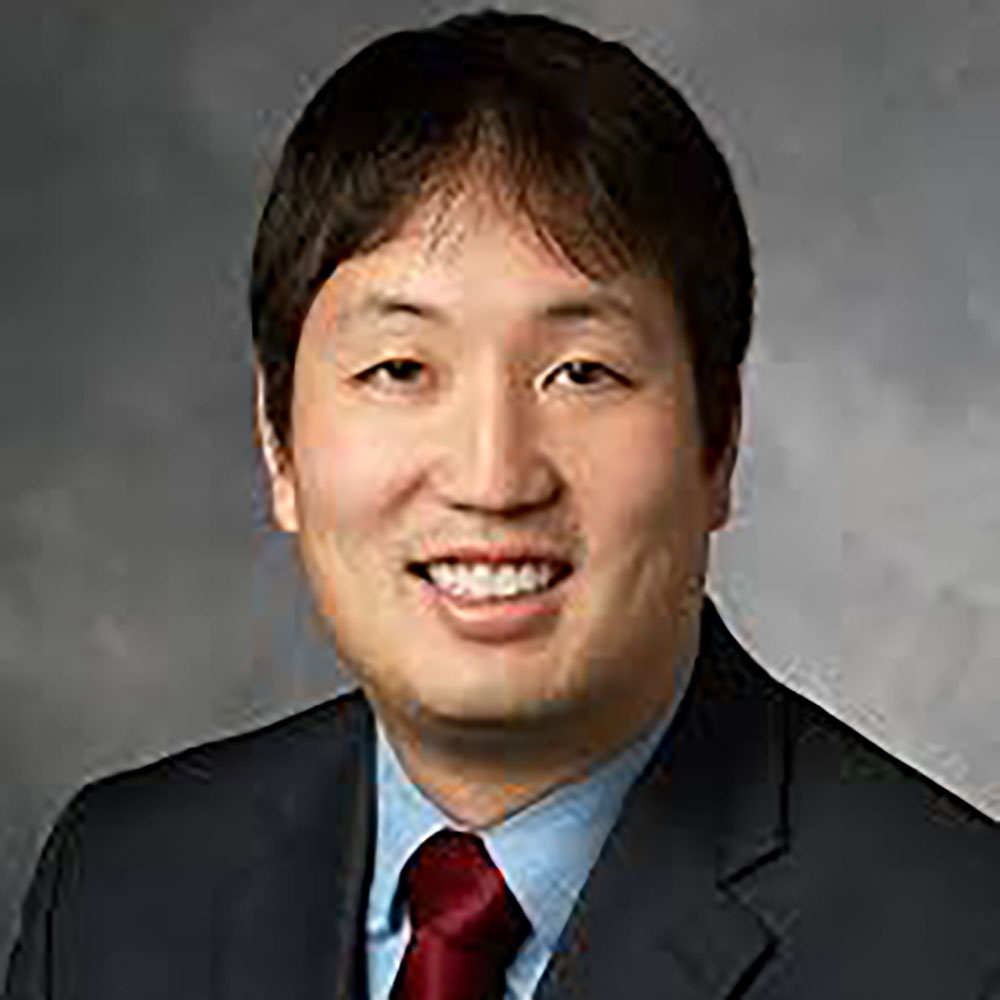
Jeong S. Hyun, MD
Stanford University, Stanford, California
Role of progenitor cells in the pathogenesis of intestinal strictures in Crohn’s Disease
Awarded $25,000
“As a young principal investigator, the Jay Grosfeld Award was critical in helping jump start my academic career. We used the funding to gain data that helped to form the foundation of our work in deciphering the role of Creeping Fat in pediatric Crohn’s disease stricture formation. The Grosfeld Award gave our project momentum and viability. Since then, we have won several more grants. Without the Grosfeld award, none of this would be possible.”
2020
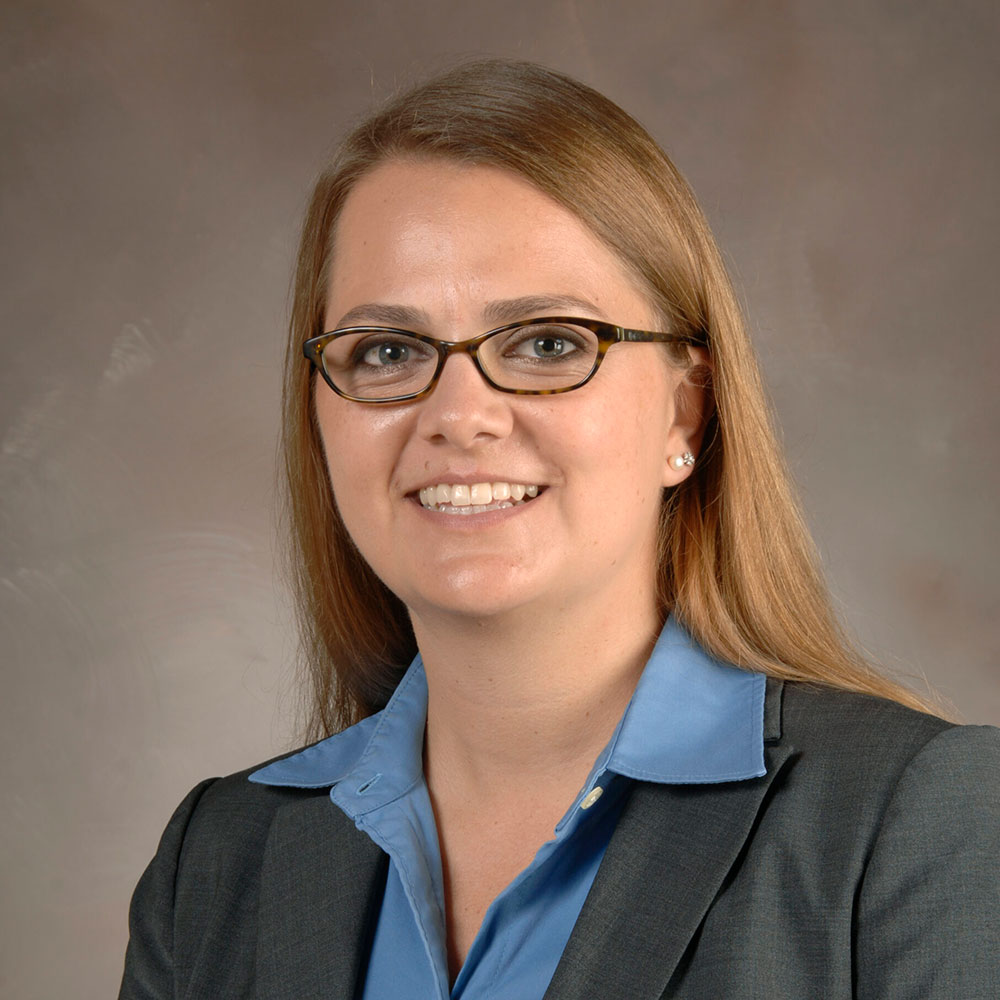
Allison L. Speer, MD
McGovern Medical School at UTHealth, Houston, Texas
Defining the Role of the Enteric Nervous System in Epithelial Barrier Function in Human Intestinal Organoids
Awarded $25,000
“The APSA Foundation has been instrumental for kickstarting my career as a surgeon-scientist and laying the groundwork for a successful future as an independent investigator. The Jay Grosfeld, MD Scholar award enabled my lab to generate the necessary preliminary data essential for NIH funding. I was honored to have been selected by the APSAF and will be forever thankful for their support.”
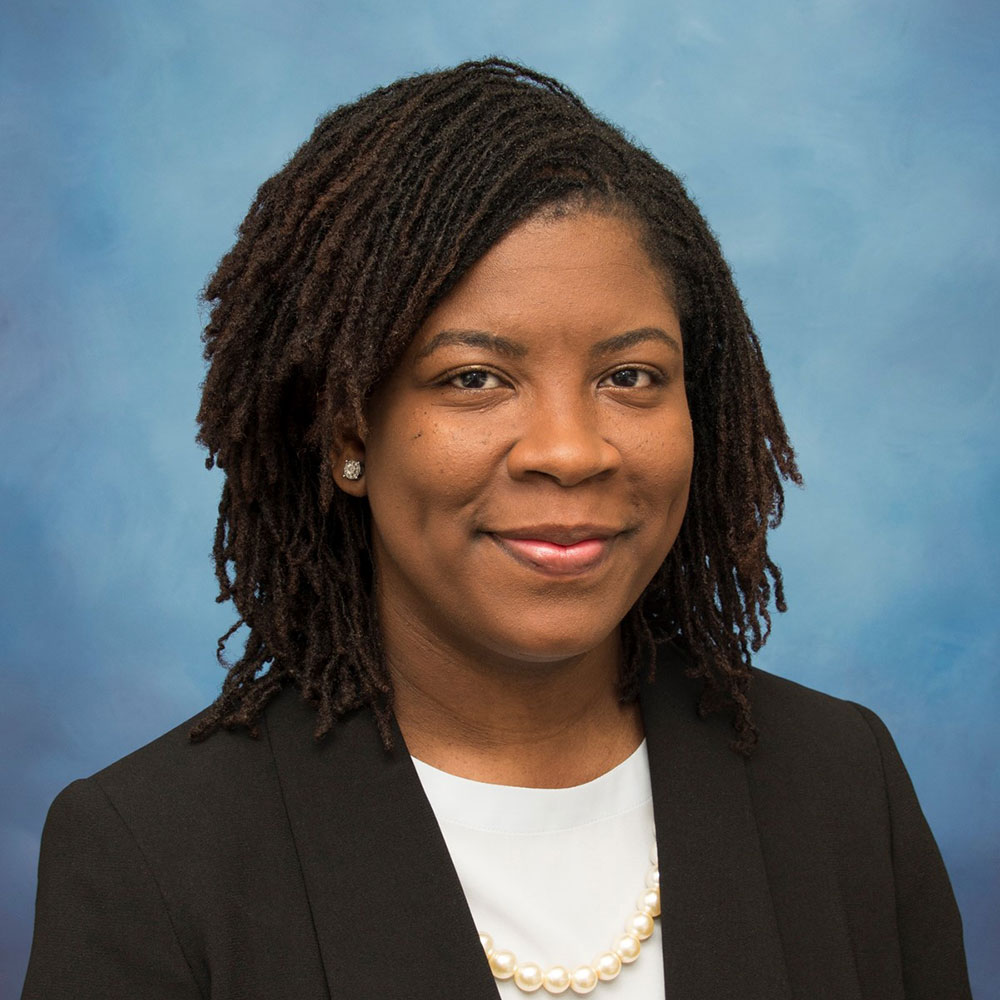
Christa N. Grant, MD
Penn State Children’s Hospital, Hershey Medical Center, Hershey, Pennsylvania
Contactin 1: A Potential Biomarker and Therapeutic Target in High Risk Neuroblastoma
Awarded $25,000
“The APSA foundation grant was a fundamental part of my early career development. Received during my second year as faculty, the grant funding was an important source of support, visibility, and community outside my institution. I am proud to be a Jay Grosfeld, MD APSAF scholar and am committed to supporting the APSA foundation and to mentor future surgeon-scientists throughout my career.”

Emily Partridge, MD
Children’s Hospital of Philadelphia, Philadelphia, Pennsylvania
Study of Cerebral Autoregulation in Pumpless Arteriovenous Extracorporeal Membrane Oxygenation
Awarded $25,000
“I am tremendously grateful to the APSA Foundation for the support I received through the Grosfeld Scholar Grant. This was the first research award I received as a new faculty member, and this funding allowed for the generation of preliminary data and the formation of collaborations which have advanced my research and supported applications for extramural funding. More importantly, this award represents acceptance and support from the greater community of APSA surgeons which I am honored to be part of, and I remain committed to mentoring future generations of surgeon-scientists throughout my career.”
2019
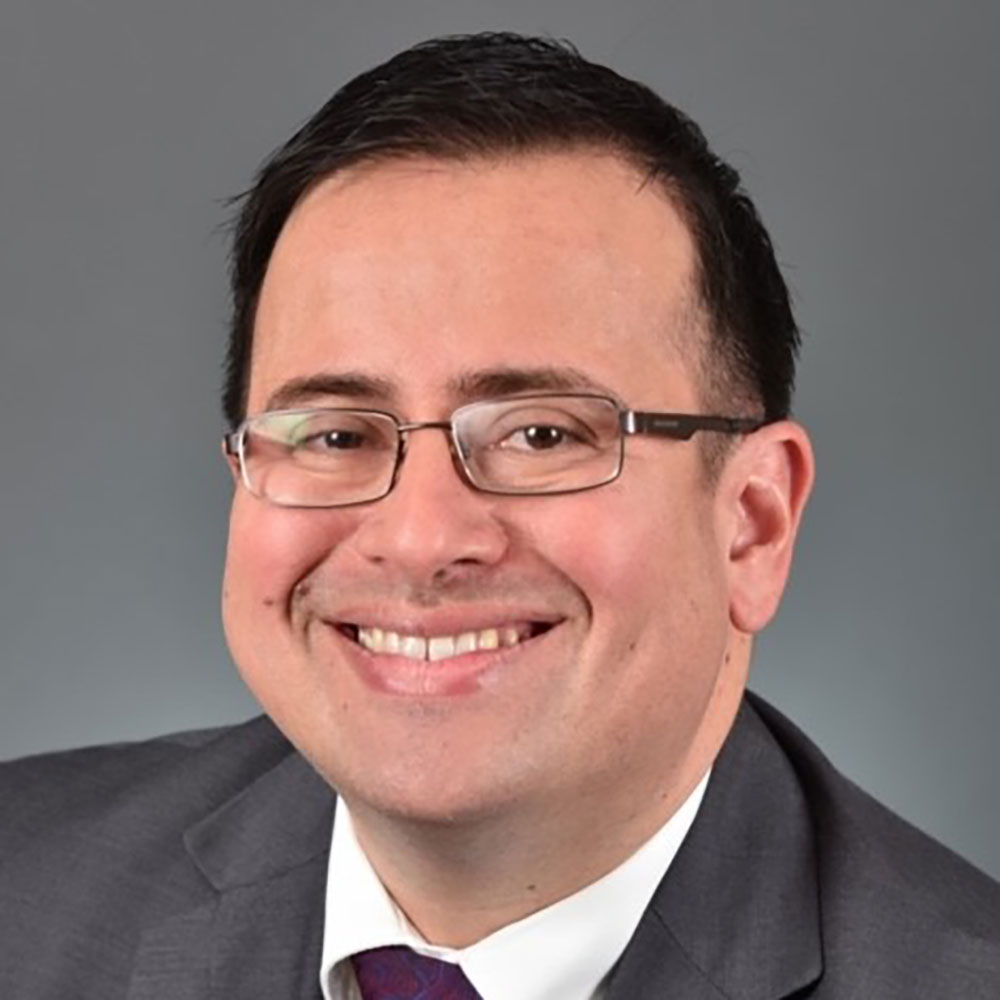
Alex G. Cuenca, MD, PhD
Boston Children’s Hospital, Boston, MA
The Role of Adjuvant Induced Myeloid-Derived Suppressor Cells in Allograft Tolerance
Awarded $25,000
“The award is important to junior faculty because it provides additional monies for a junior investigator, it provides a forum and an invaluable experience for junior pediatric surgical faculty to develop and formulate a scientific question while in the early stages of their career as a pediatric surgeon scientist, and most importantly, it is the honor, recognition and support from the pediatric surgeon-scientists that many of us have aspired to become.”
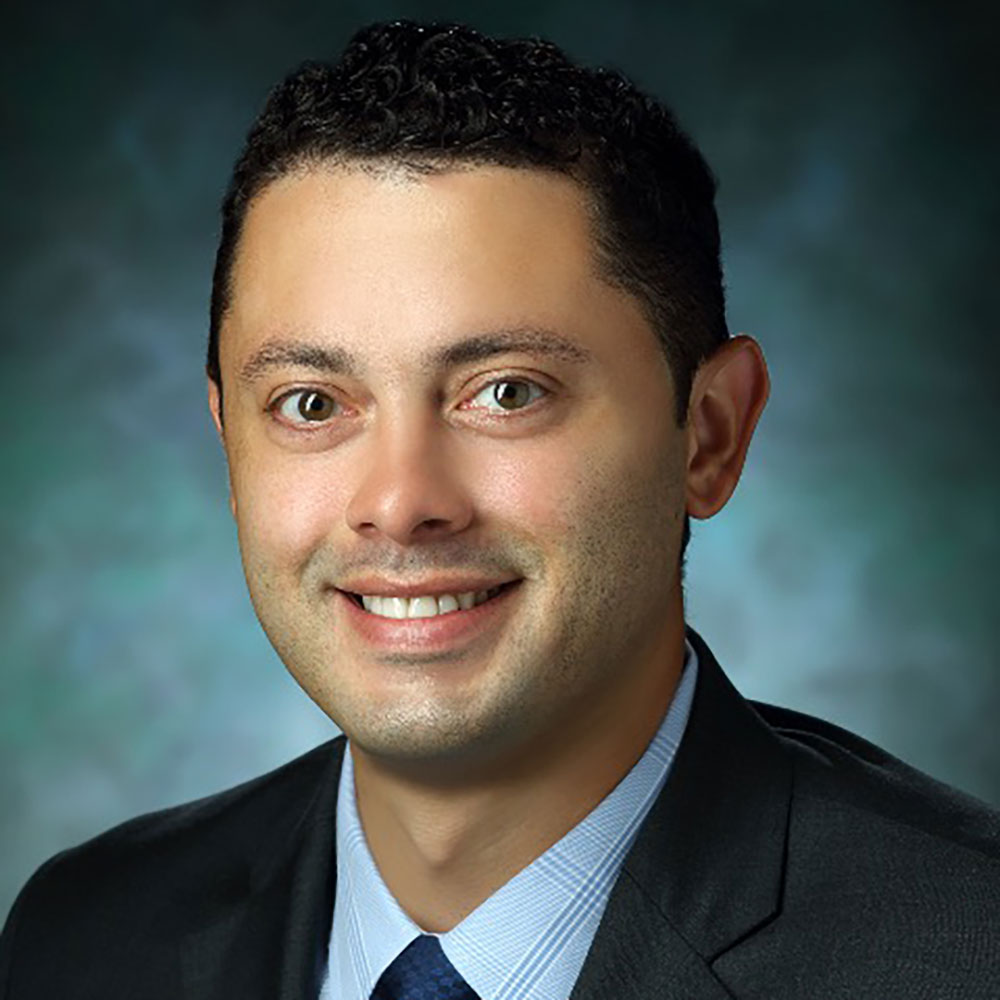
Alejandro Garcia, MD
Johns Hopkins Children’s Center, Baltimore, MD
Improving Reperfusion Injury in Pediatric Cardiac Arrest Using a Porcine Model of ECPR
Awarded $25,000
“The APSA Foundation grant, in conjunction with internal department funding, will provide enough support to gather preliminary data that I will use to apply independent funding. One of the biggest benefits to receiving this award is being able to present our work to the APSA community and get feedback on research areas that one can pursue further or collaborate with others who have similar projects. Thank you again for your support in my research career.”
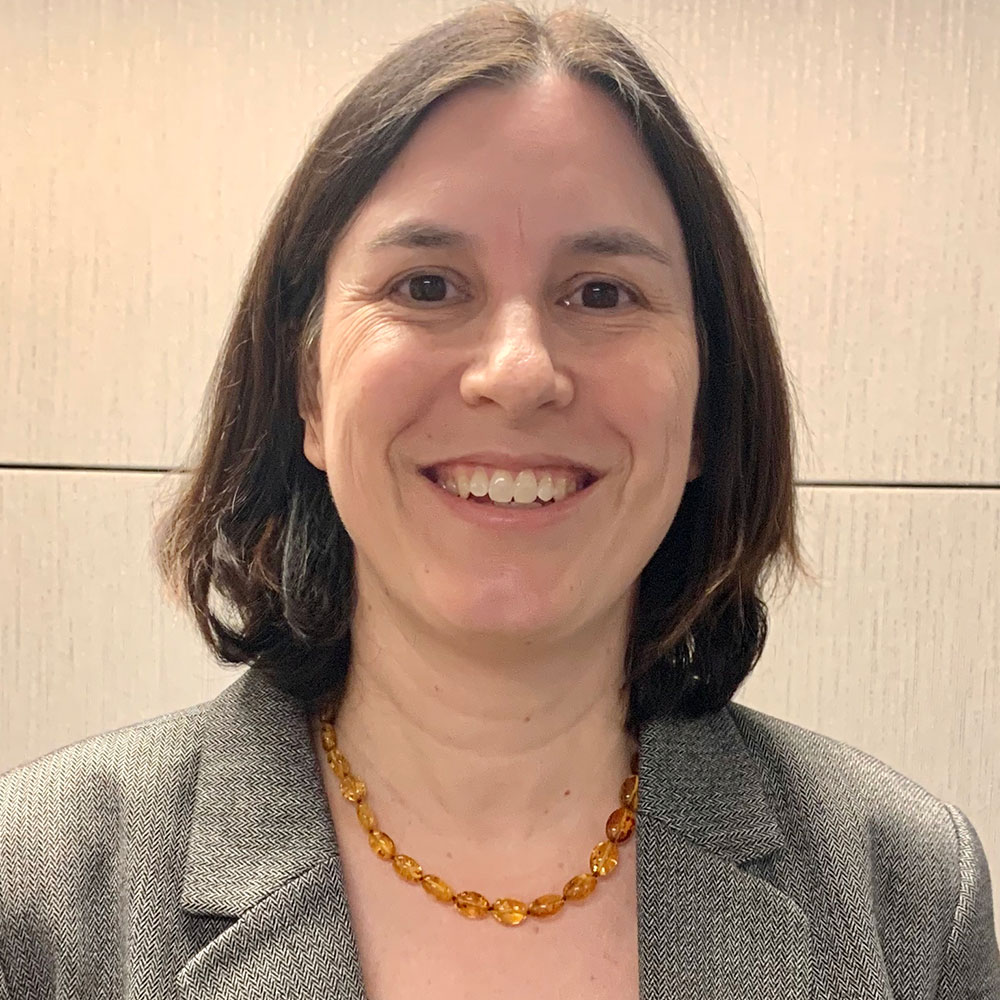
Beth A. Rymeski, DO
Cincinnati Children’s Hosiptal Medical Center, Cincinnati, OH
Current Management of Pediatric Pilonidal Disease: A Prospective Multicenter Surgeon-Choice Cohort Study
Awarded $25,000
“The APSA Foundation grant allowed me to initiate a multi-center study looking at pilonidal disease that has now enrolled almost 250 patients! Leading this study has taught me so much about how to navigate the world of collaborative clinical research and has set me up for the next study that is about to launch. Thanks to everyone who supports the APSA Foundation for giving junior faculty an opportunity to get our research off the ground!”
2018
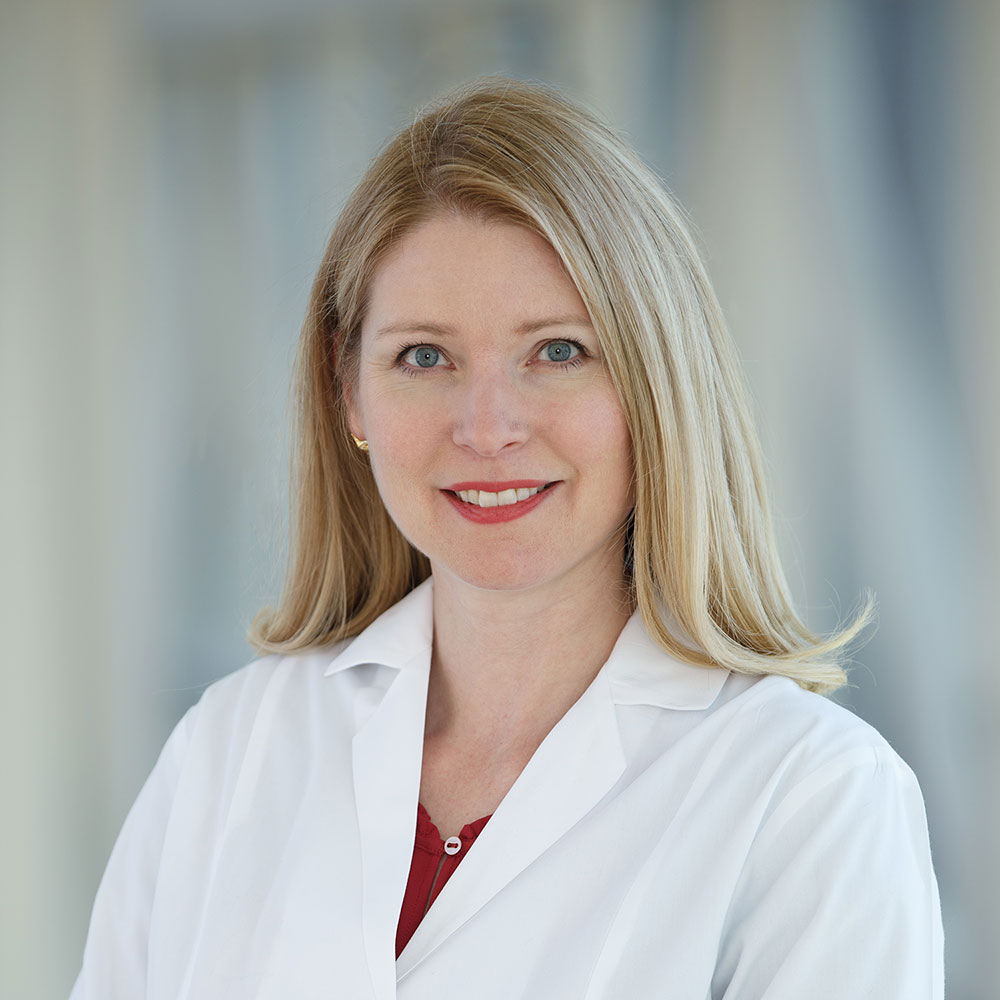
Catherine Hunter, MD
Ann and Robert Lurie Children’s Hospital, Chicago, IL
Defining the Role of ROCK in Necrotizing Enterocolitis
Awarded $25,000
“This award was pivotal in allowing me to successfully obtain an R03 award from the NIH (NIDDK). This is a valuable mechanism to drive research forward and prevent from stalling at key transition points. I am very grateful for the generous support that this award afforded me.”
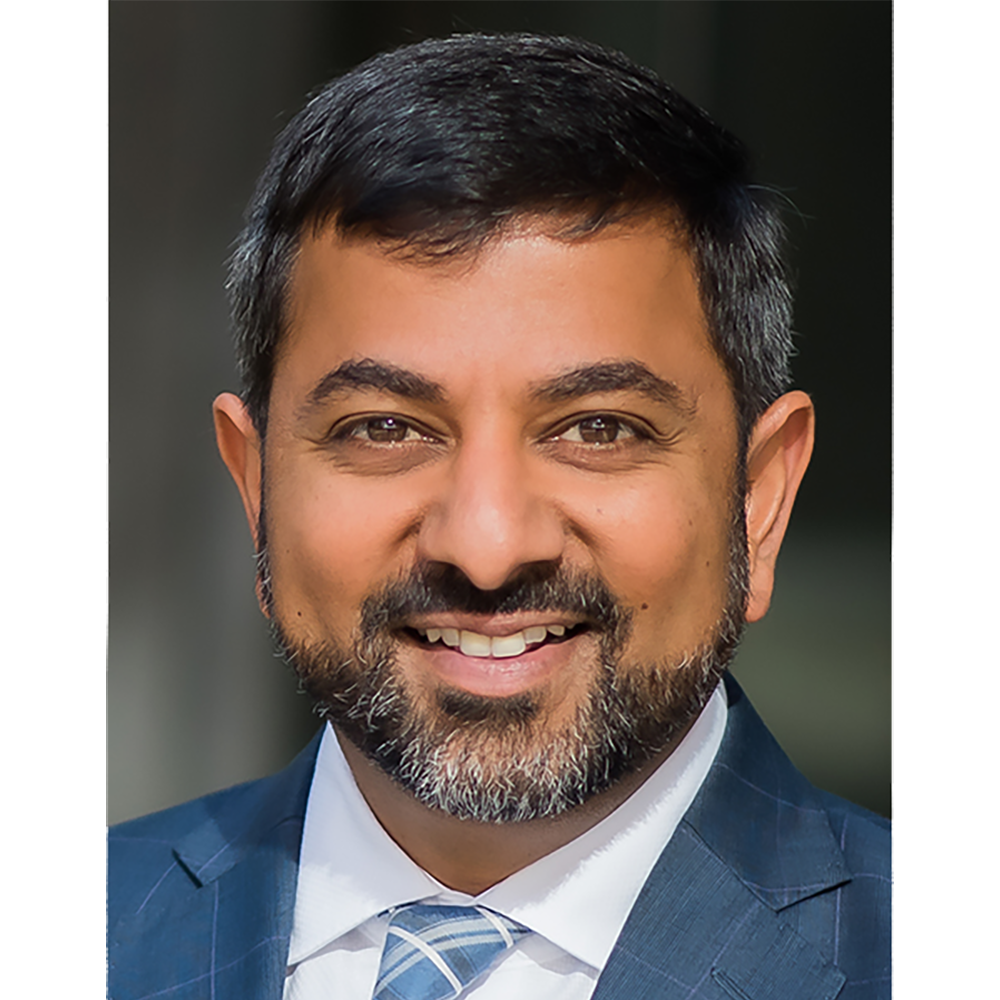
Amar Nijagal, MD
The University of California San Francisco, San Francisco, CA Fetal Mechanisms of Liver and Bile Duct Repair: A Link to the Prenatal Origins of Biliary Atresia
Awarded $25,000
“The APSA Foundation grant was the first research award I received as a faculty member. It has provided me the means to generate preliminary data for additional funding. I am also thankful that this grant gave me the opportunity to share our work with the APSA community.”
2017
Andrew J. Murphy, MD
Genomic Analysis of Bilateral Wilms Tumors
Awarded $25,000
“This award has been instrumental in my career development and particularly for the recognition that it garnered my scientific work among members of our specialty. This award was critical in securing NCI-sponsored funding and contributed to funding experiments. The award has been absolutely critical in supporting my early career research and has contributed to further funding, publications and study protocols.”
Isam W. Nasr, MD
Prevention and Treatment of Traumatic Brain Injury by Inhibition of TLR4 Signaling in a Murine Model
Awarded $25,000
2016
Helen Hsieh, MD
Effect of Midazolam on the Developmental and Maturation of Hippocampal Neuronal Circuitry
Awarded $25,000
Elisabeth T. Tracy, MD
Bleeding and Thrombosis in Infants and Children
Awarded $25,000
2015
William H. Peranteau, MD
In Utero Hematopoietic Cell Transplantation for the Treatment of Congenital Disorders
Awarded $25,000
Bradley J. Segura, MD
The role of Enteric Glia in Pediatric Intestinal Inflammation
Awarded $25,000
2014
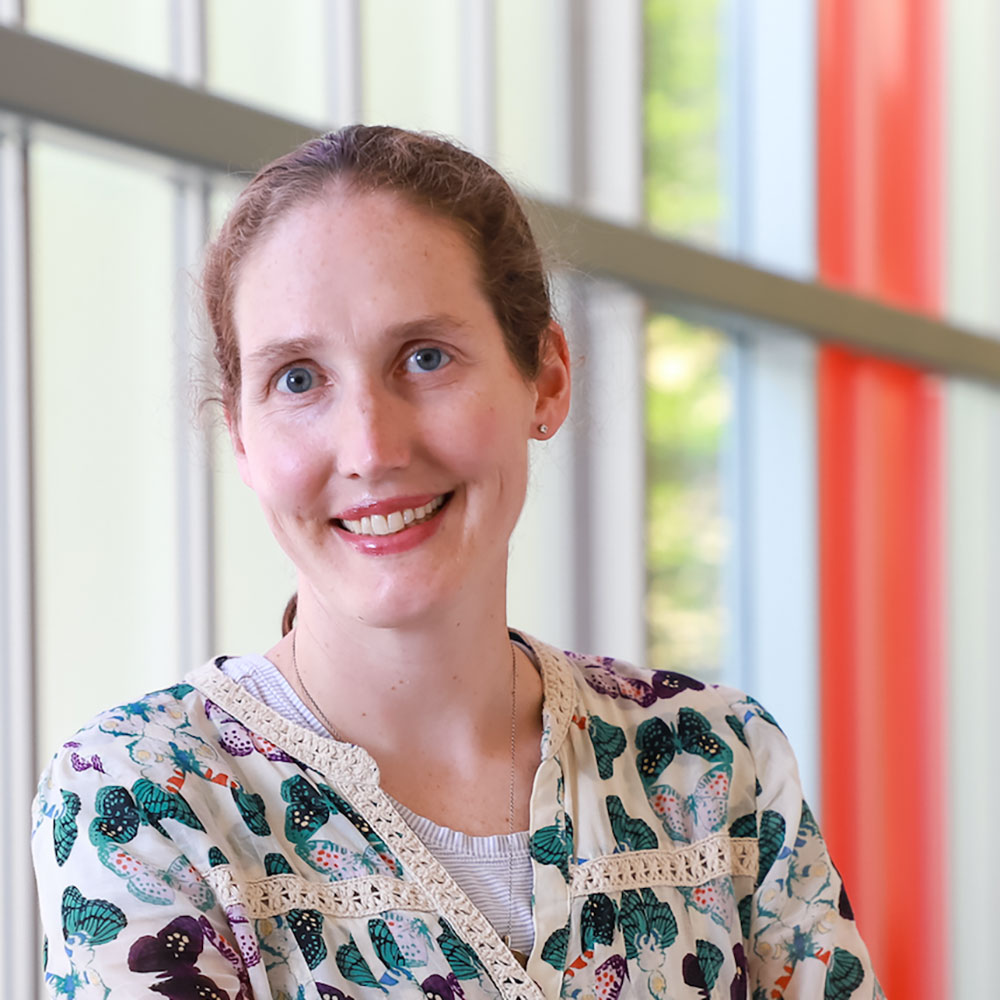
Hannah Piper, MD
The Role of Intestinal Microbiota in Children with Intestinal Failure and Bacterial Overgrowth
Awarded $25,000
“Being a recipient of the APSA Foundation grant has been invaluable for my career. The financial support was instrumental in getting my research off the ground and continues to be critical for young surgeons who face unique challenges in initiating research on top of clinical commitments. What I did not appreciate at the time, however, was the ongoing support from the APSA Foundation over the years, and the joy I now have in contributing to the Foundation and helping others move forward.”
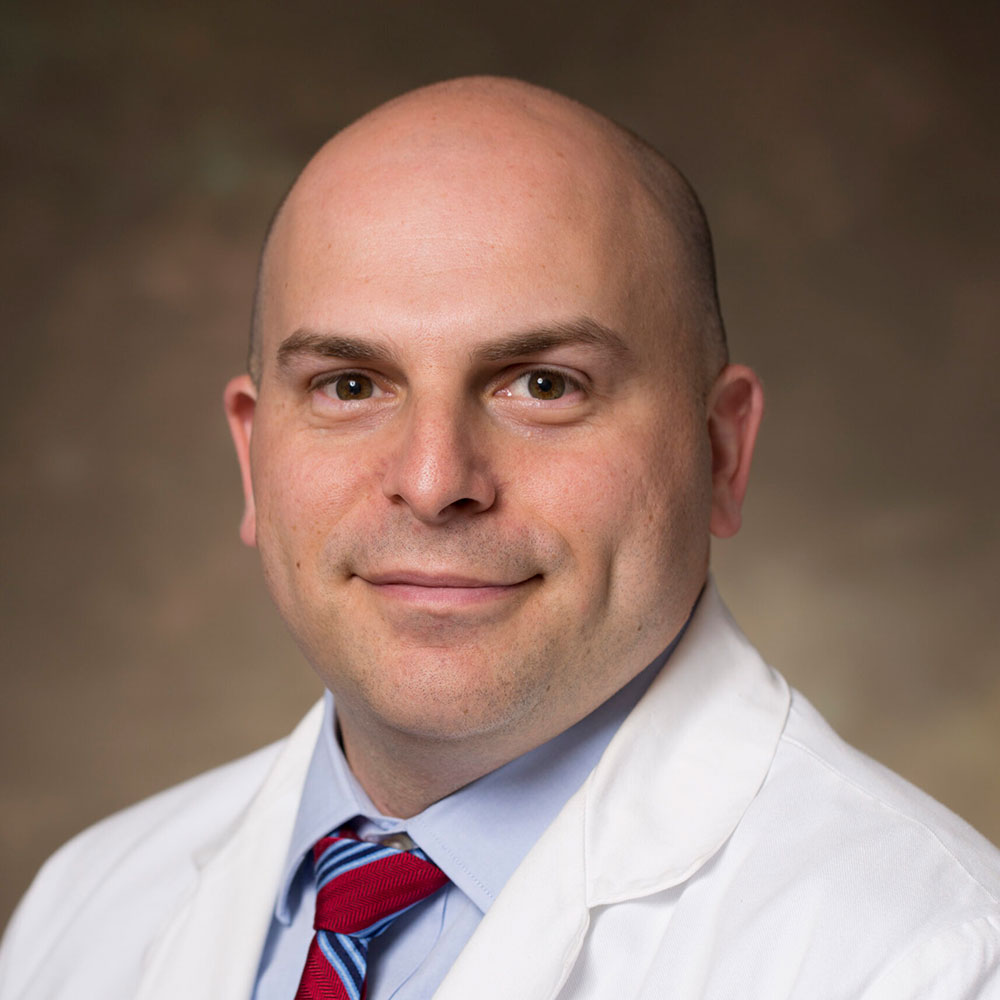
David Stitelman, MD
In-utero Delivery of Synthetic Nanoparticles for Gene Editing in the Central Nervous System
Awarded $25,000
“This award was meaningful to me as it signified I had the professional support from our specialty’s major professional organization. The early data generated using the APSA foundation funding allowed me to win internal funding within Yale University, a Hartwell Foundation Award, Cystic Fibrosis Foundation Award, American Society of Hematology Award and American Surgical Association Award amounting to approximately $1m in funding.”
2013
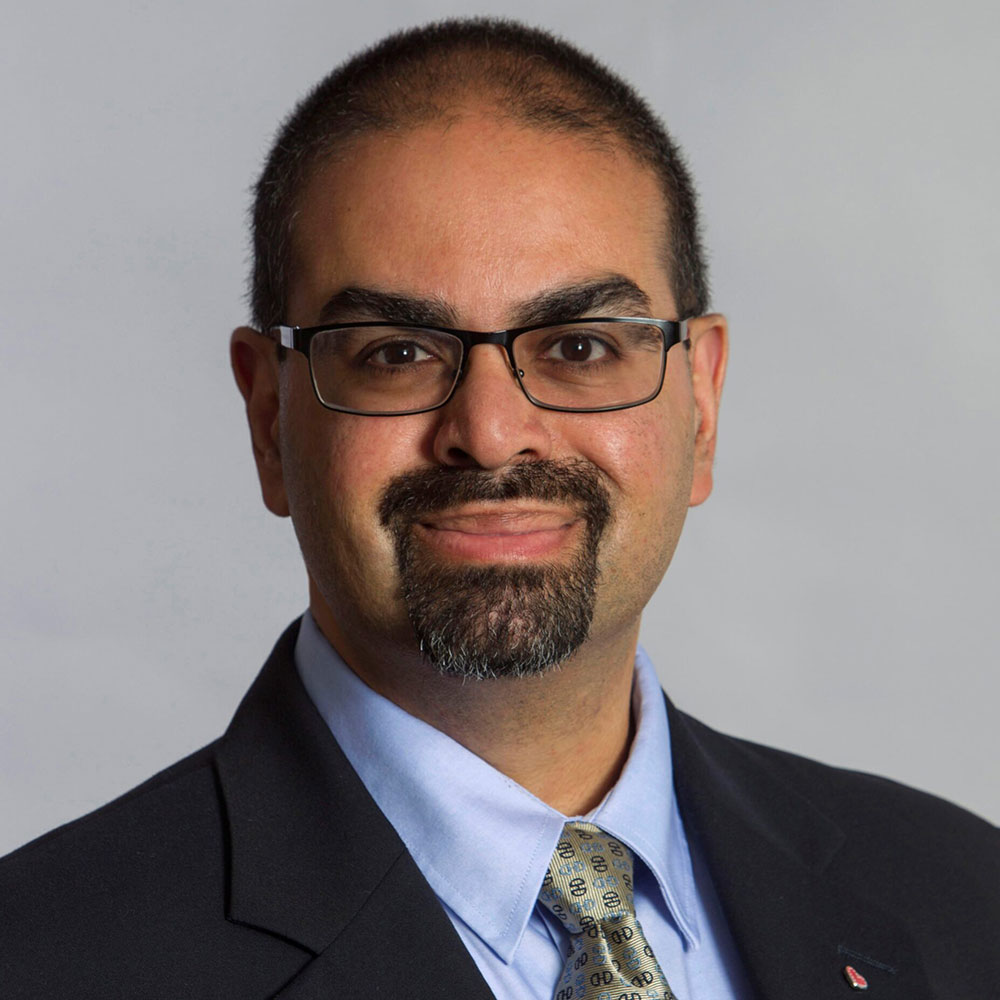
Ankush Gosain, MD
Splenic Neurovascular Units in Hirschsprung’s Associated Enterocolitis
Awarded $25,000
“Receipt of the Foundation Scholar Award was pivotal in advancing my early academic career. The Award provided support for testing novel ideas and helped establish that my line of investigation is relevant to our specialty and was worth funding. Subsequently my career and laboratory have continued to benefit not just from the financial support, but more importantly, from the “stamp of approval” from APSA that this award implies to other funding agencies. Since receiving the APSA Foundation Award my lab has received ~$3.5m in extramural funding.”
David Gourlay, MD
IAP Prevents Intestinal Inflammation in the Newborn Intestine
Awarded $25,000
“Beyond the dollar amount, the recognition received as a result of the grant, in and outside the APSA community, is important to recognize. It has clearly helped me in my academic career.”
Shawn Larson, MD
Inflammasome Activation is Critical for Neonatal Emergency Myelopoiesis and Expansion of Hematopoietic Stem Cells for Inflammation
Awarded $25,000
2012
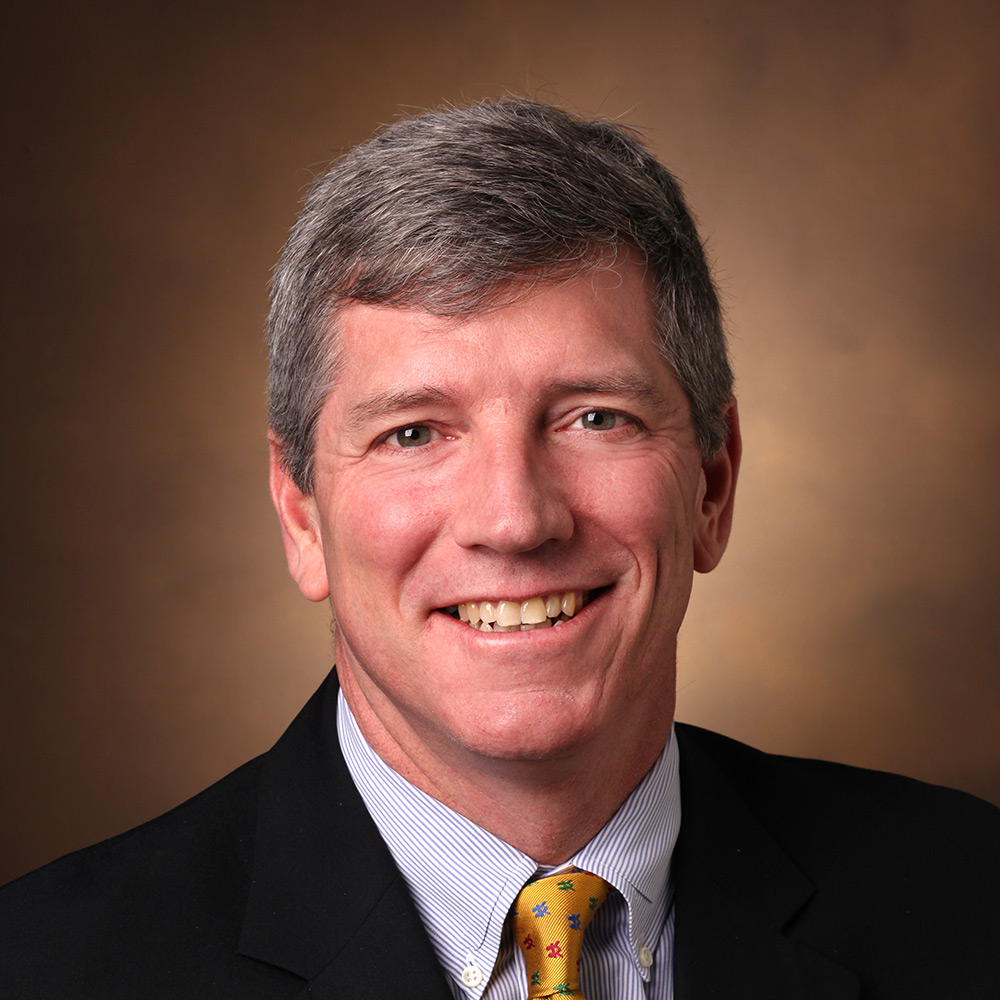
Harold N. Lovvorn, III, MD
Induced Pluripotent Stem Cells for the Study of Wilms’ Tumorigenesis
Awarded $25,000
“I was deeply humbled and appreciative to have been awarded a Grosfeld Scholar Grant. The APSA Foundation funds were incredibly helpful to broaden our research initiatives and afforded the opportunity specifically to test innovative techniques for modeling Wilms tumorigenesis using inducible pluripotent stem cells. This APSAF grant came at a foundational time in our laboratory and facilitated both transitioning from a K99 to an R00 and receiving several subsequent R awards supported through the NCI.”
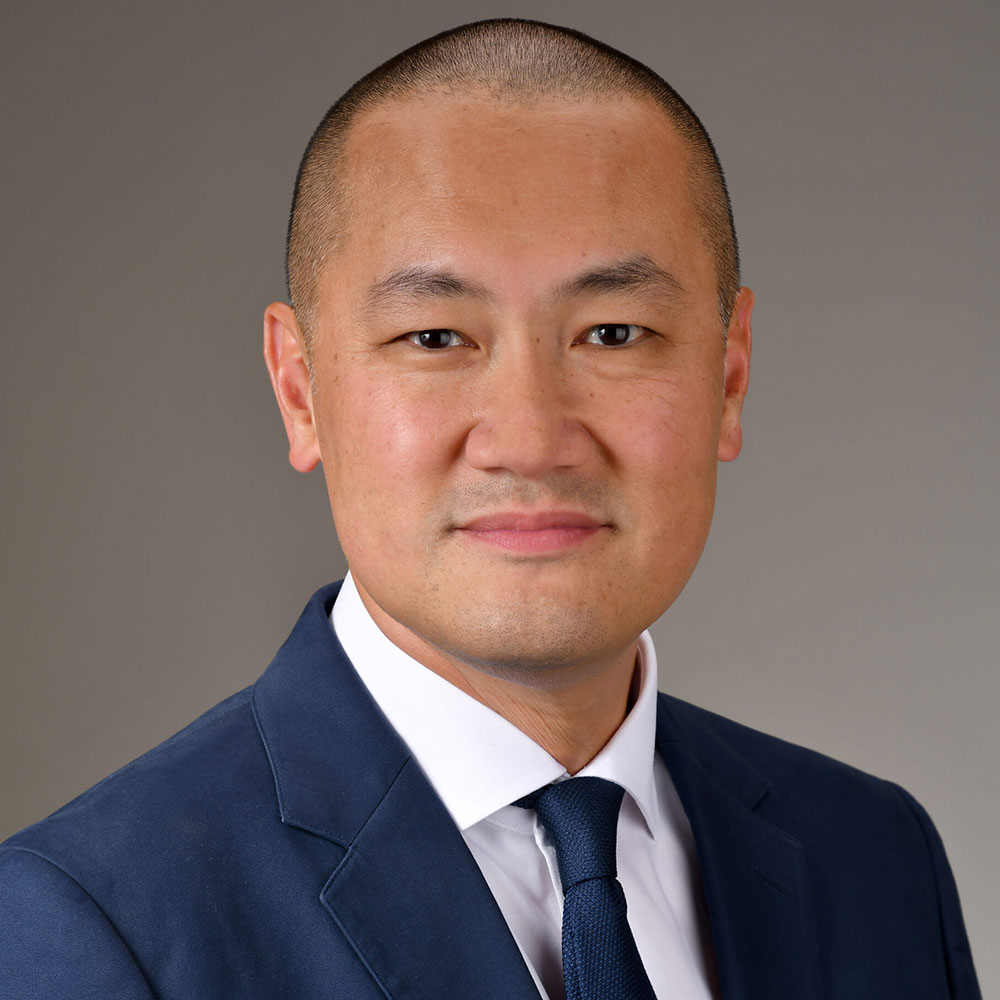
Kuo Jen Tsao, MD
Errors and Adverse Events in the Setting of the Neonatal Surgery Performed in the NICU
Awarded $25,000
“I am tremendously grateful for the APSA Foundation. As a researcher that is interested in quality and patient safety, the award gave me the confidence early in my career that this path could be a long-term academic endeavor. This was my first extramural grant and helped pave the way for subsequent awards and philanthropic support.”
2011
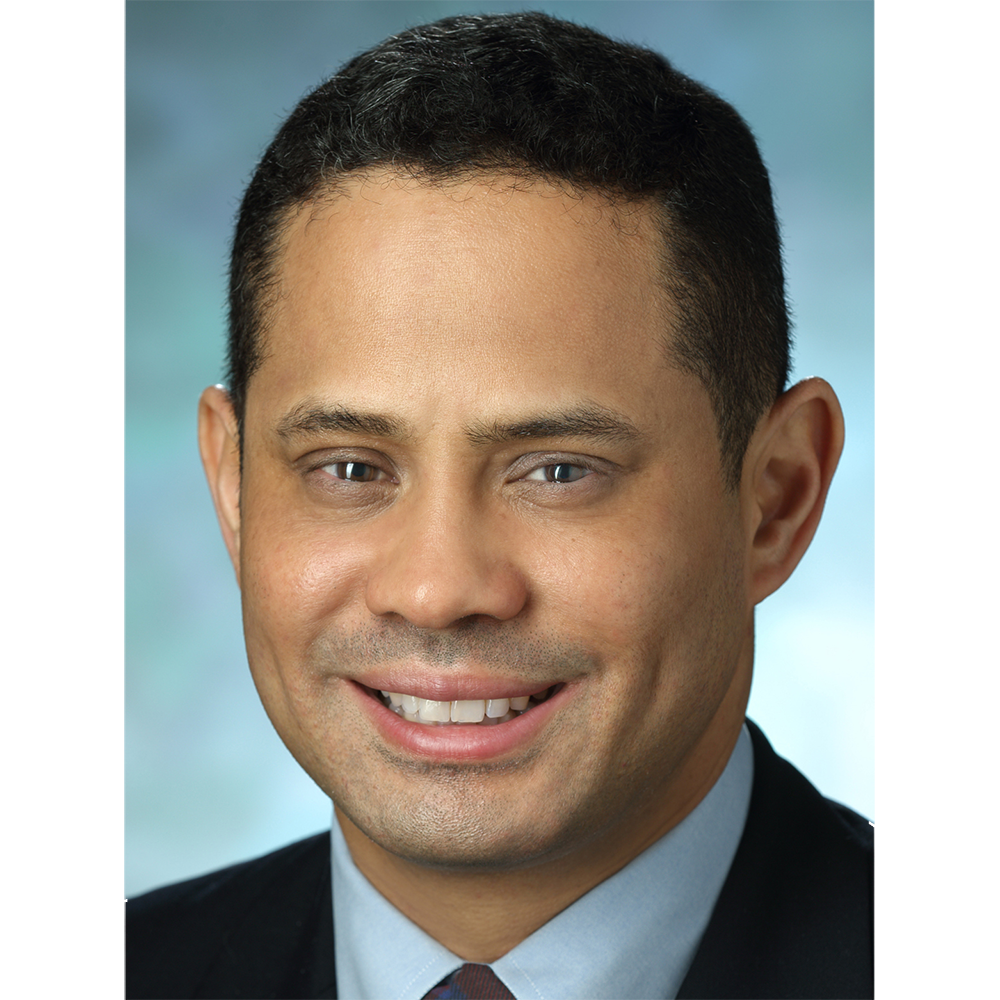
Shaun M. Kunisaki, MD
Mesenchymal Stem Cell Regulation of Fetal Lung Development in Diaphragmatic Hernia
Awarded $25,000
“I am incredibly grateful to be one of the recipients of the APSA Foundation Scholarship. This seed funding was awarded at a critical point enabling my laboratory to conduct cutting-edge basic studies. This subsequently led to multidisciplinary collaborations and, as a result, there have been several other pediatric surgery laboratories that have pursued similar laboratory efforts in this research space. The direct return on investment has included additional foundation grant funding, including being an R01 funded investigator ($1.6 million) since 2017.”
Peter F. Nichol, MD
Using a Genetic Model of Duodenal Atresia to Understand Regenerative Mechanisms within the Intestine
Awarded $25,000
2010
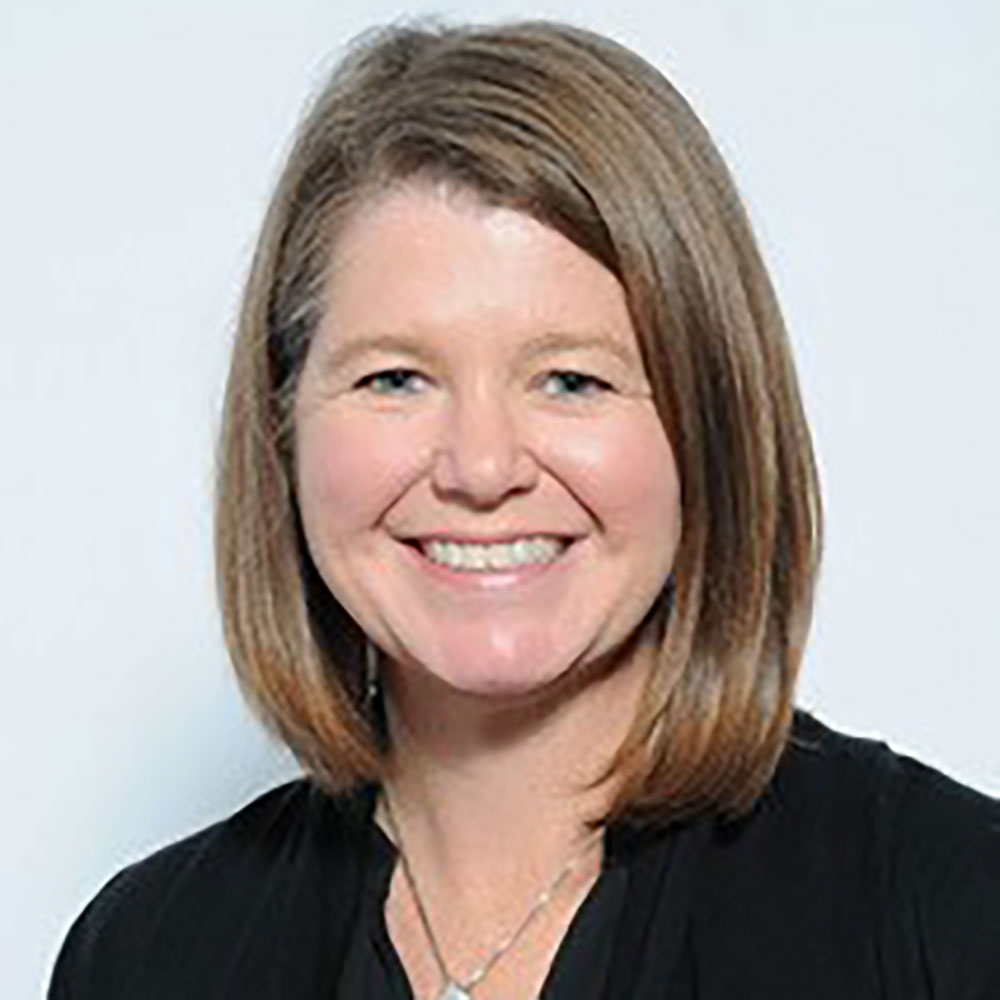
Cynthia D. Downard, MD
Control of Intestinal Microcirculation in NEC
Awarded $25,000
“The APSA Foundation Grant has offered me the opportunity to focus my initial research efforts on finding new treatments for challenging diseases in Pediatric Surgery such as necrotizing enterocolitis. Due to this funding, I have been able to complete significant preliminary studies which have formed the basis for competitive national grants. The APSA Foundation is making a great investment in the future of Pediatric Surgery and Pediatric Surgery Research.”
Cassandra M. Kelleher, MD
Extracellular components Critical to Alveolarization: Contributions of Elastin
Awarded $25,000
2009
Tippi C. MacKenzie, MD
Maternal Immune Response in Utero Hematopoietic Stem Cell Transplantation
Awarded $25,000
Kelly A. Miller, MD
The Pathogenic Role of Enteric Glia in Hirschsprung’s Enterocolitis
Awarded $25,000
2008
Douglas N. Miniati, MD
Role of Notch4 Signaling in Aberrant Pulmonary Vascular Development
Awarded $25,000
2007
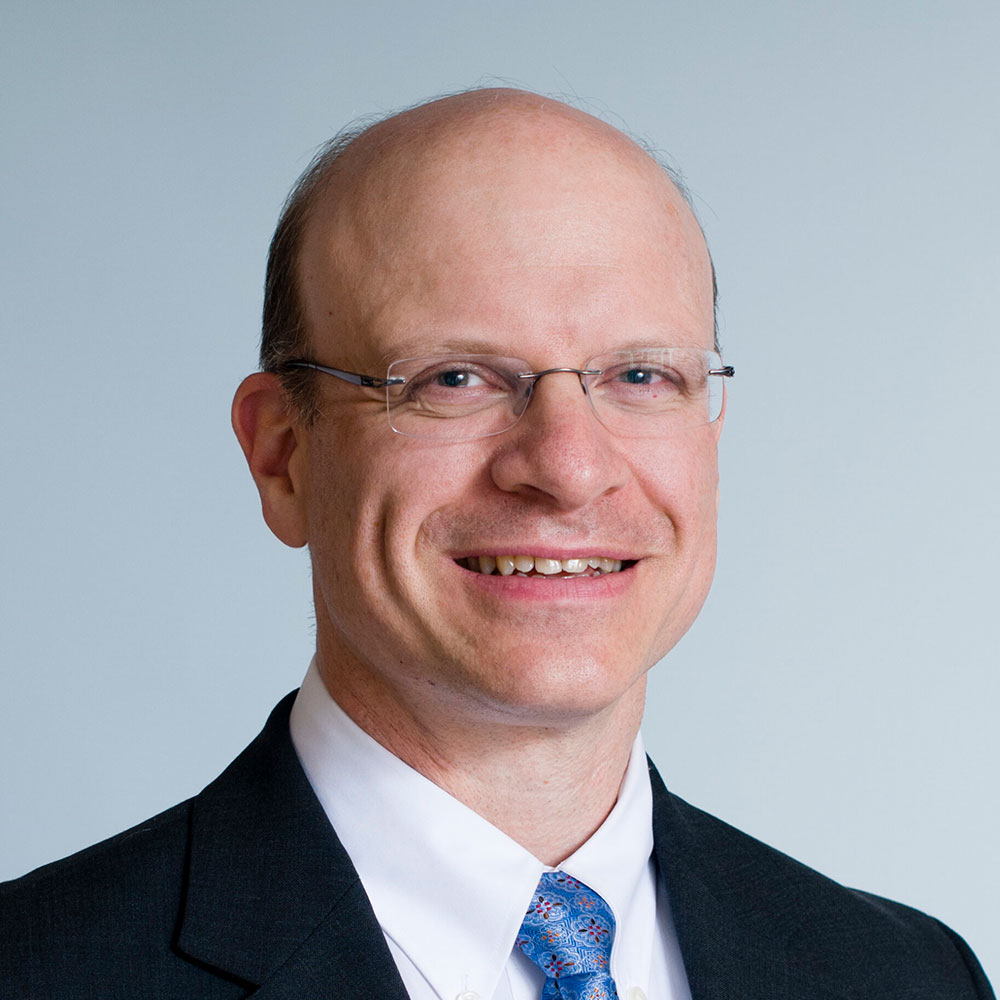
Allan M. Goldstein, MD
Role of Sonic Hedgehog in Enteric Nervous System Development
Awarded $25,000
“The Grosfeld Scholar grant was a very impactful award for me. It’s a vote of confidence from my specialty, it provided funding early in my career when grant funding is especially scarce and encouraged me to keep going.”
2006

James C.Y. Dunn, MD
Enteric Nervous System Regeneration for Hirschsprung’s Disease
Awarded $25,000
“The support from the Foundation was one small step for the project, one giant leap for my research.”
2005
Elizabeth A. Beierle, MD
Focal Adhesion Kinase and Vascular Endothelial Growth Factor Receptor-3 in Human Neuroblastoma
Awarded $10,000
Kerilyn K. Nobuhara, MD
Intestinal Dysmotility in Fetal Repair of Gastroschisis
Awarded $10,000
2004
Karl G. Sylvester, MD
Liver Regeneration and Stem Cell Regulation via the WNT Signaling Pathway
Awarded $10,000
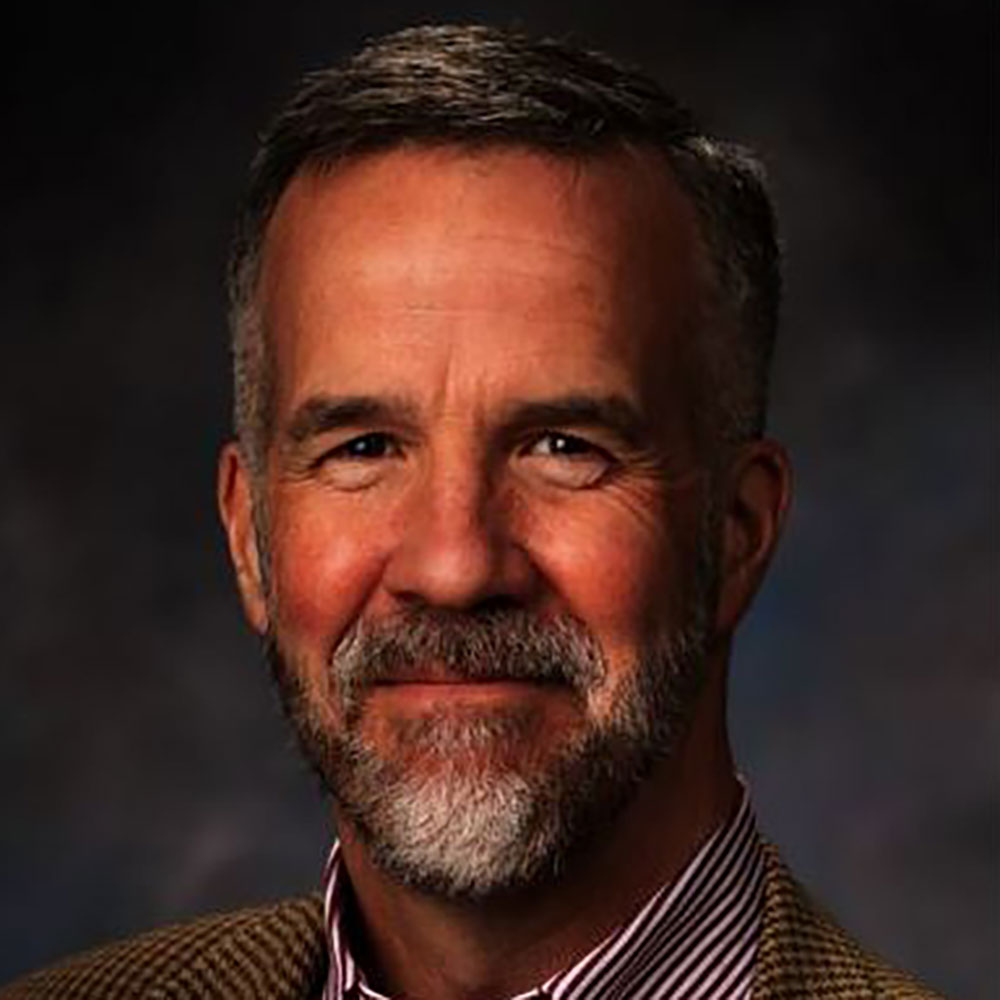
Christopher K. Breuer, MD
Do Tissue Engineered Venous Conduits Grow? Investigating the Growth Potential of Tissue Engineered Venous Conduits in a Juvenile Lamb Model
Awarded $10,000
“This represented my first research grant and was very important in launching my career. I have obtained over $20,000,0000 in NIH funding since the APSA award in addition to $3,000,000 in DoD funding, $3,000,000 in industry funding, and over $5,000,000 in philanthropic support. None of this would have been possible without the initial support provided by the APSA Foundation.”
2003
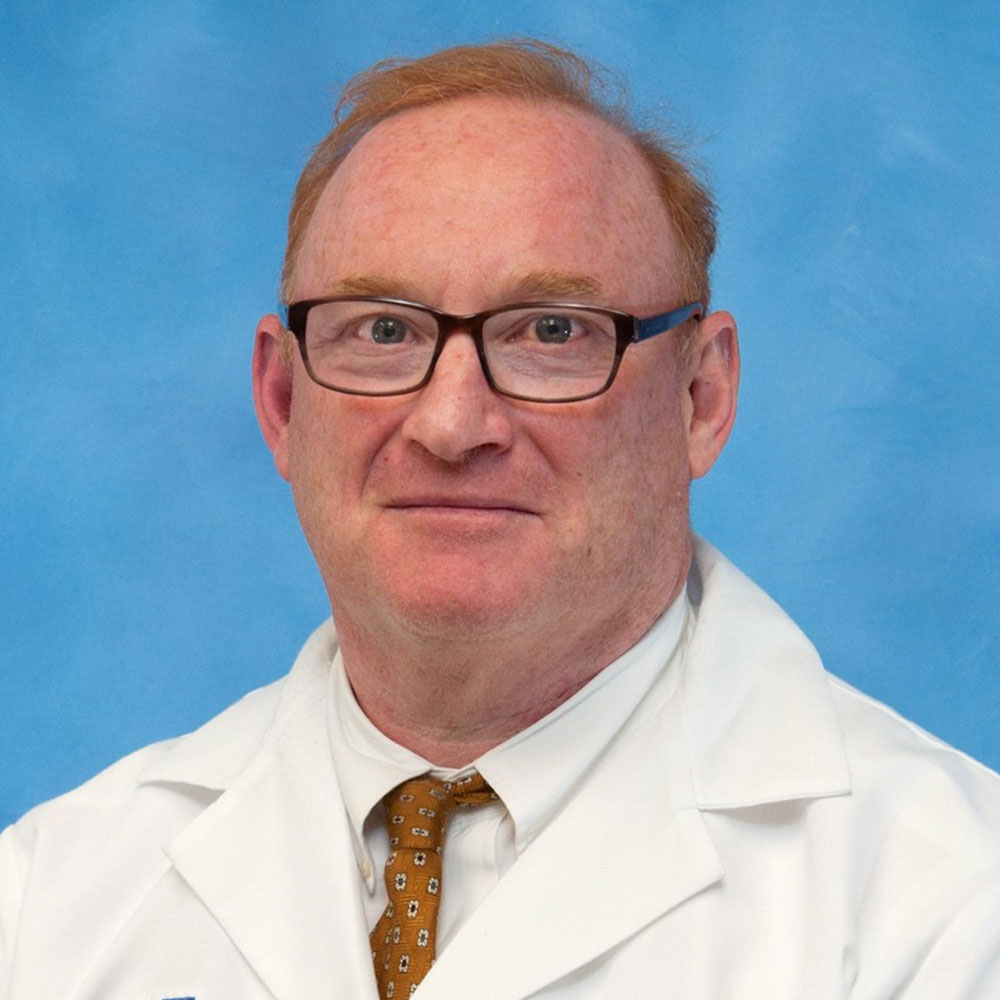
Peter F. Ehrlich, MD
Injury Prevention through Brief Intervention: A Novel Approach to Pediatric Injury Prevention
Awarded $10,000
“The award was transformative for me as it was the first large peer reviewed grant I received as a Primary Investigator. It was also a clinical trial, which gave me confidence that I would be successful in my future work. The work led to other studies and eventually to two NIH grants dealing with youth substance misuse and trauma.”
2002
Mary Beth Madonna, MD
Growth Factor Receptor Signaling and its Relationship to Cell Proliferation and Differentiation in a Neuroblastoma Cell Line
Awarded $10,000
“I am very thankful for the APSA foundation scholarship award I received early in my career. I have had other numerous foundation awards that have supported my lab for nearly 20 years now and this is due in part to this initial award. This grant was so helpful as startup funding and as a stepping stone to those future Neuroblastoma foundation grants. I will be forever grateful to the APSA foundation.”
2001
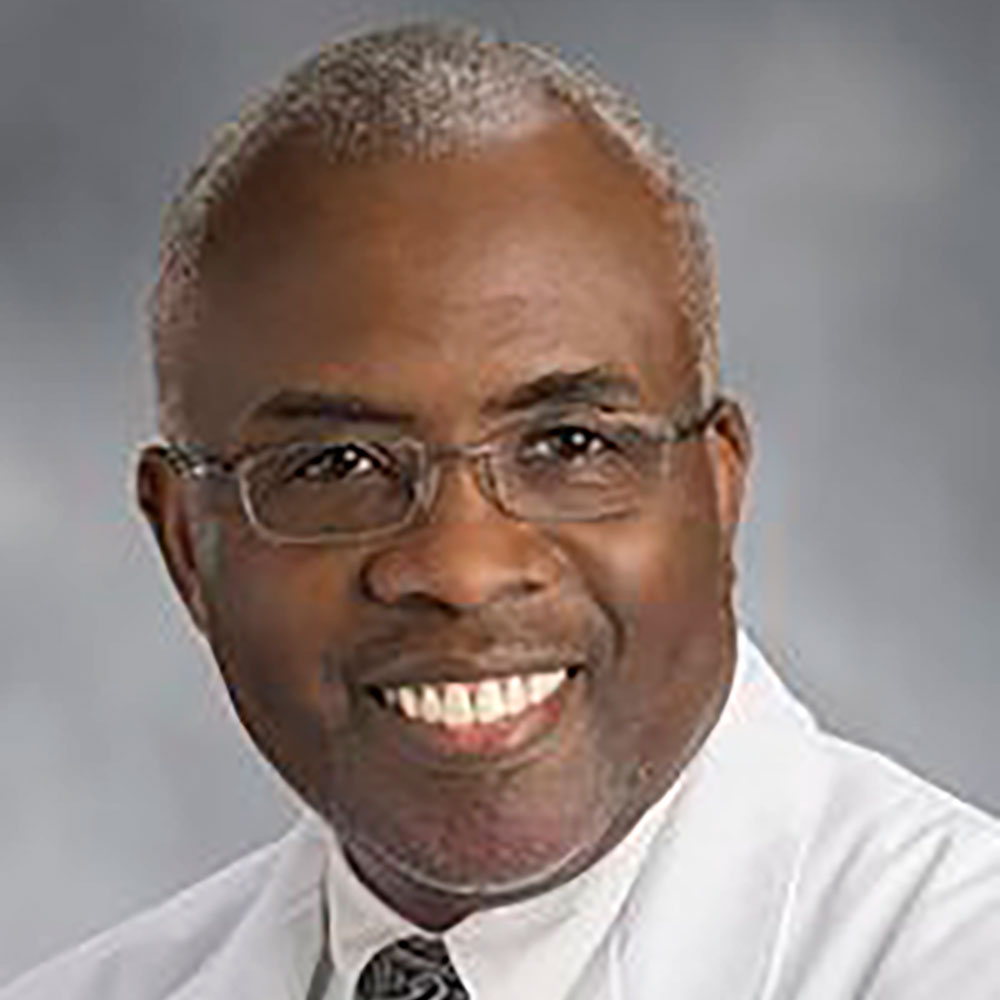
Anthony Stallion, MD
Intestinal Ischemia Reperfusion Injury Contributes to the Initiation of the Systemic Inflammatory Response Syndrome
Awarded $10,000
2000
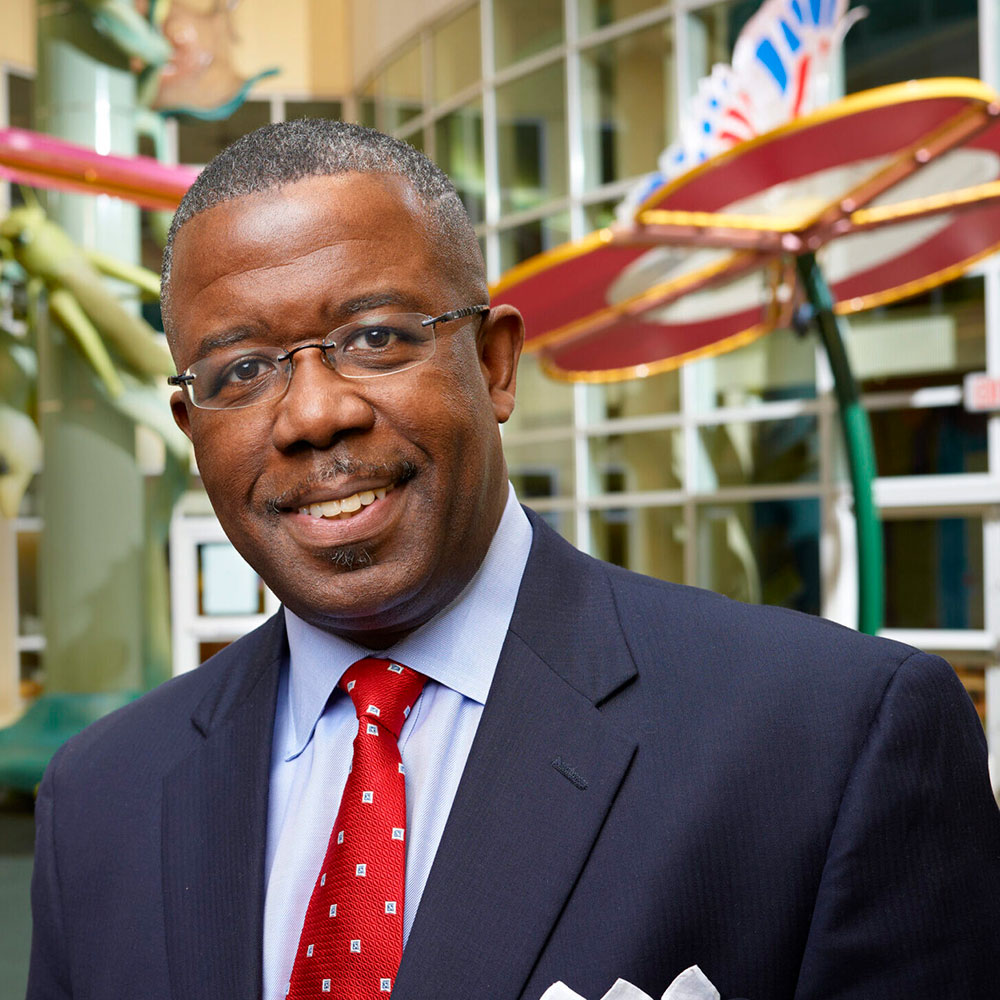
Edward M. Barksdale Jr., MD
The Therapy of Neuroblastoma-Induced Disorders of Dendropoiesis of Dendritic Cell Development
Awarded $10,000
1999
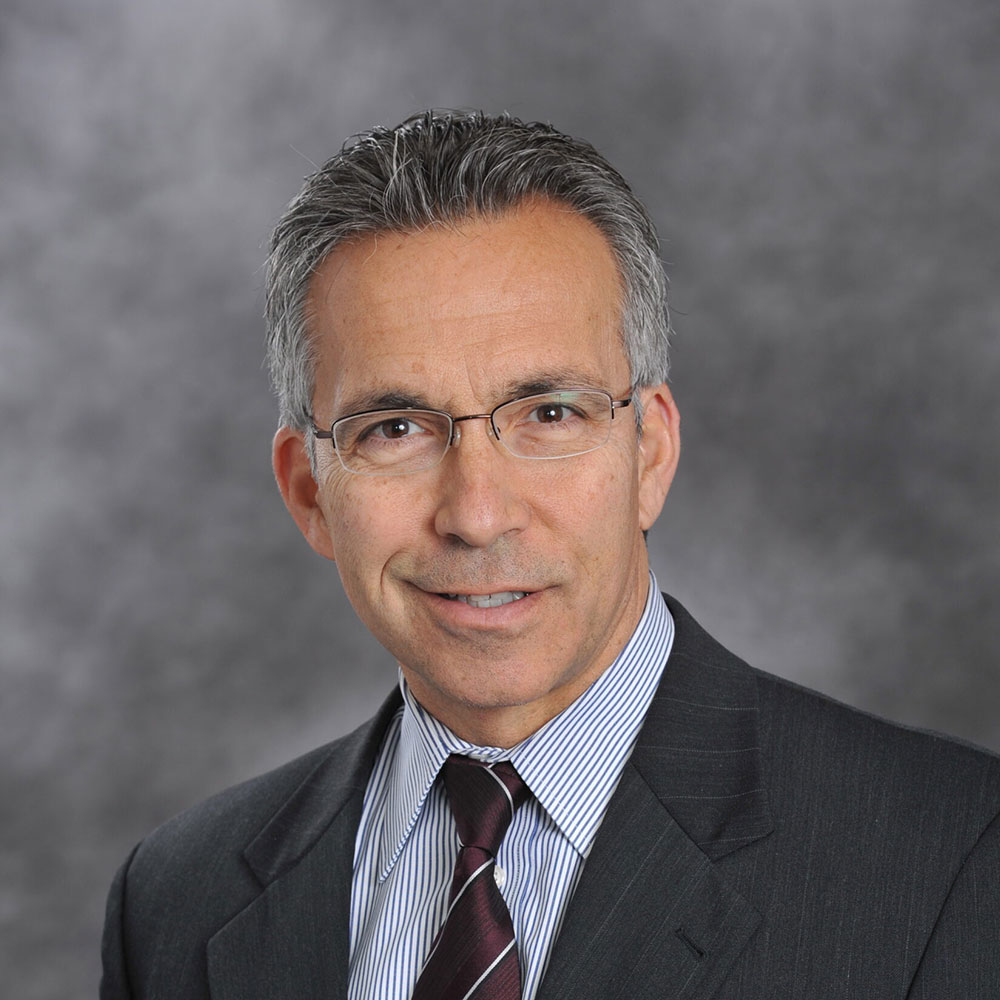
Steven Stylianos, MD
Evidence-Based Guidelines for Resource Utilization in Pediatric Spleen/Liver Injury
Awarded $5,000
1998
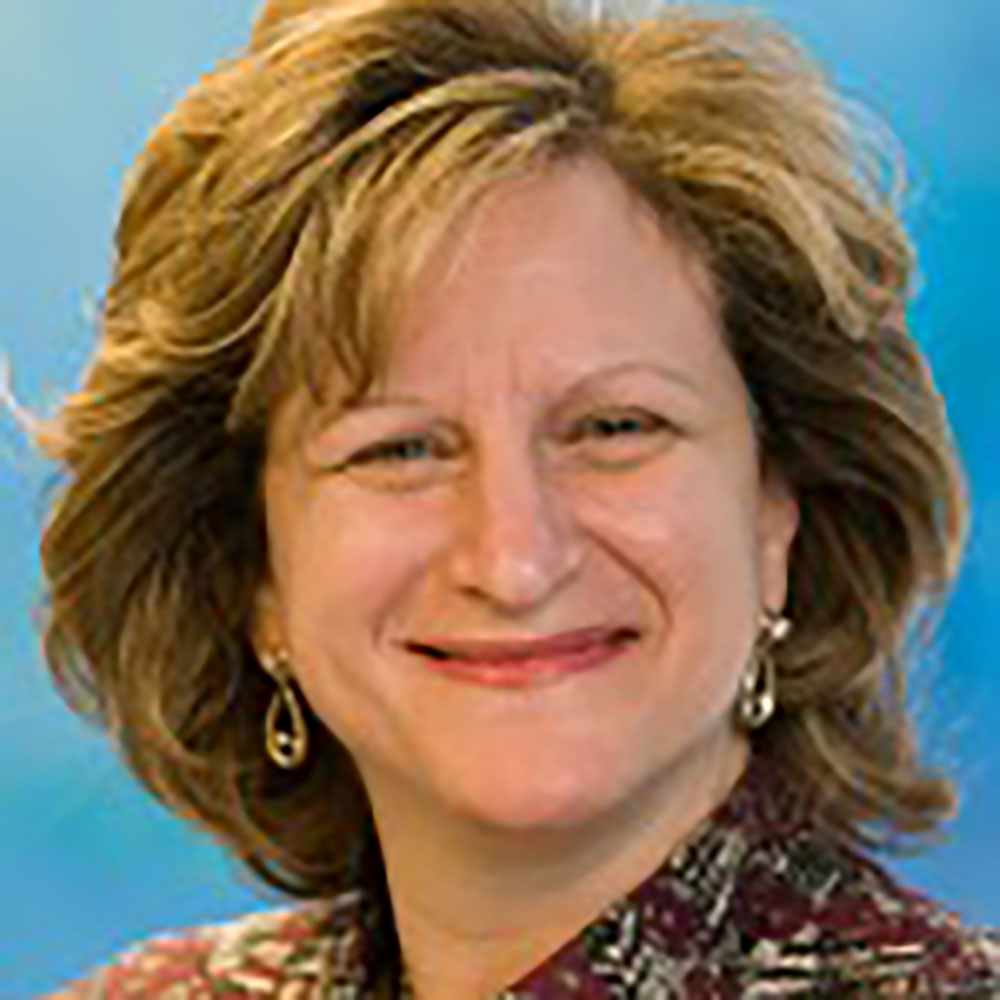
Gail E. Besner, MD
Heparin-Binding EGF-Like Growth Factor (HBEGF) and Intestinal Ischemia Reperfusion Injury
Awarded $7,500
“The APSA Foundation Scholarship Award was one of the first externally funded grants that I received as a young faculty member. External funding is imperative for a young faculty member’s academic success. This has become even more important over the years, as the pressures of needing to produce clinically have discouraged many from even trying to become surgeon-scientists.
Since receiving the APSA Foundation Award, I have been continuously funded by the NIH for 27 years, generally holding two to three NIH grants at a time. I firmly believe the APSA Foundation Award was in large part responsible for my future academic success.
APSA Foundation Awards are critically important to support young pediatric surgeon-scientists. All APSA members should donate funds annually to support this extremely important award.”
1997
Charles N. Paidas, MD
Septation of the Cloaca
Awarded $8,000
1996
Michael G. Caty, MD
Preservation of Intestinal Mucosal Structure and Function with Intraluminal Oxygenated Perfluorocarbon
Awarded $9,825
